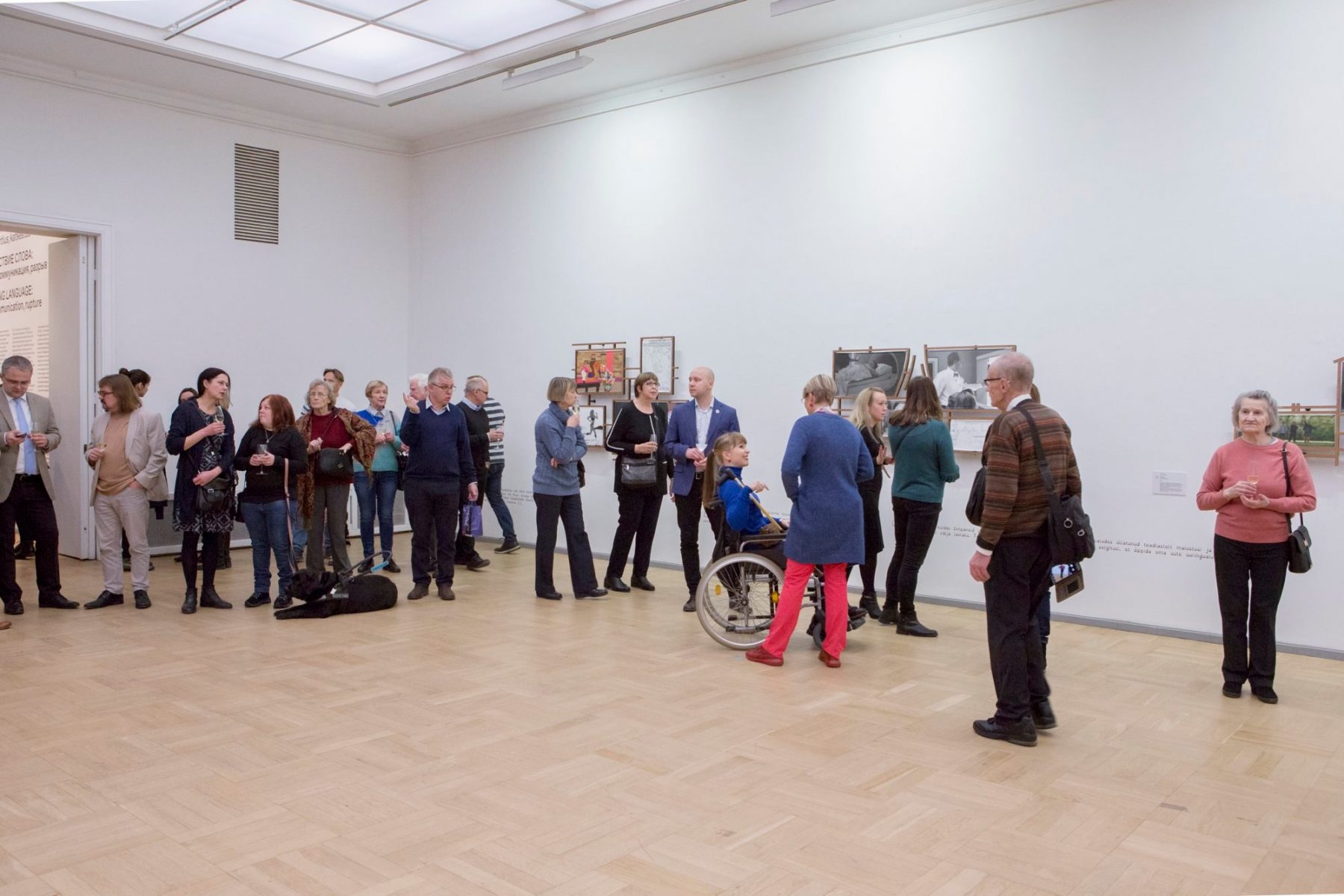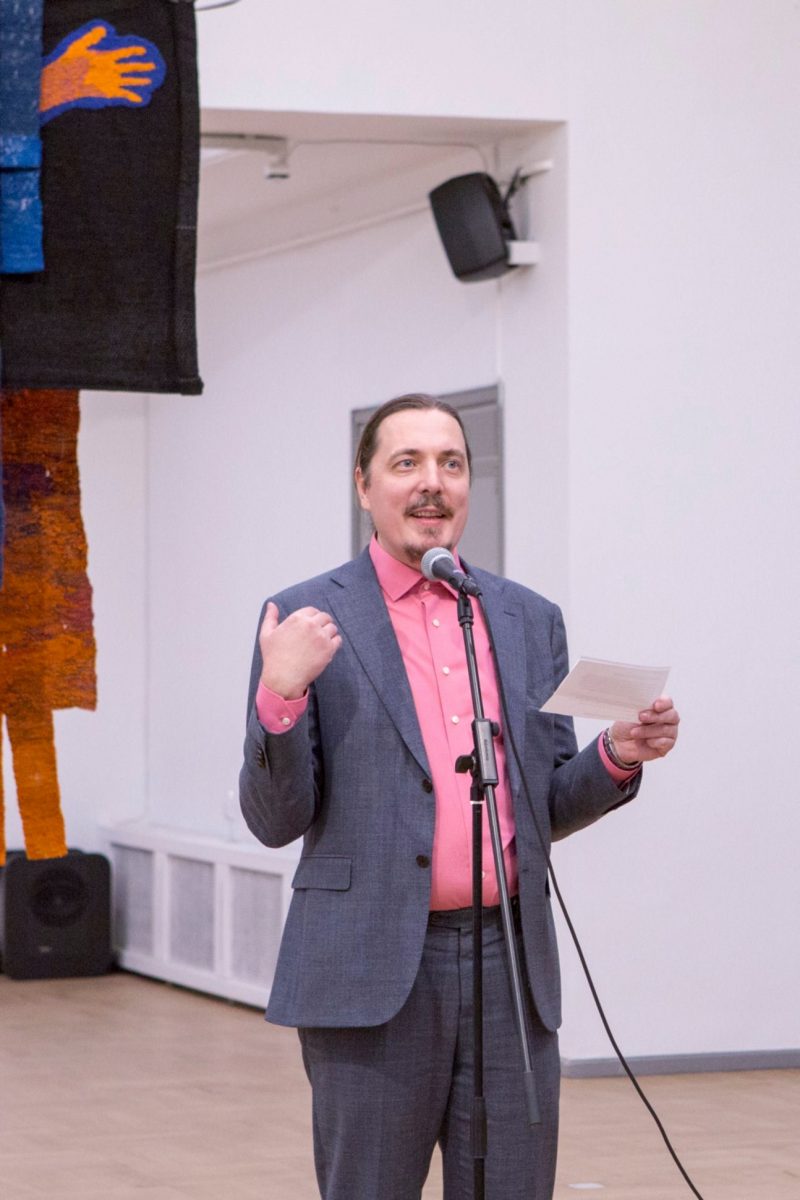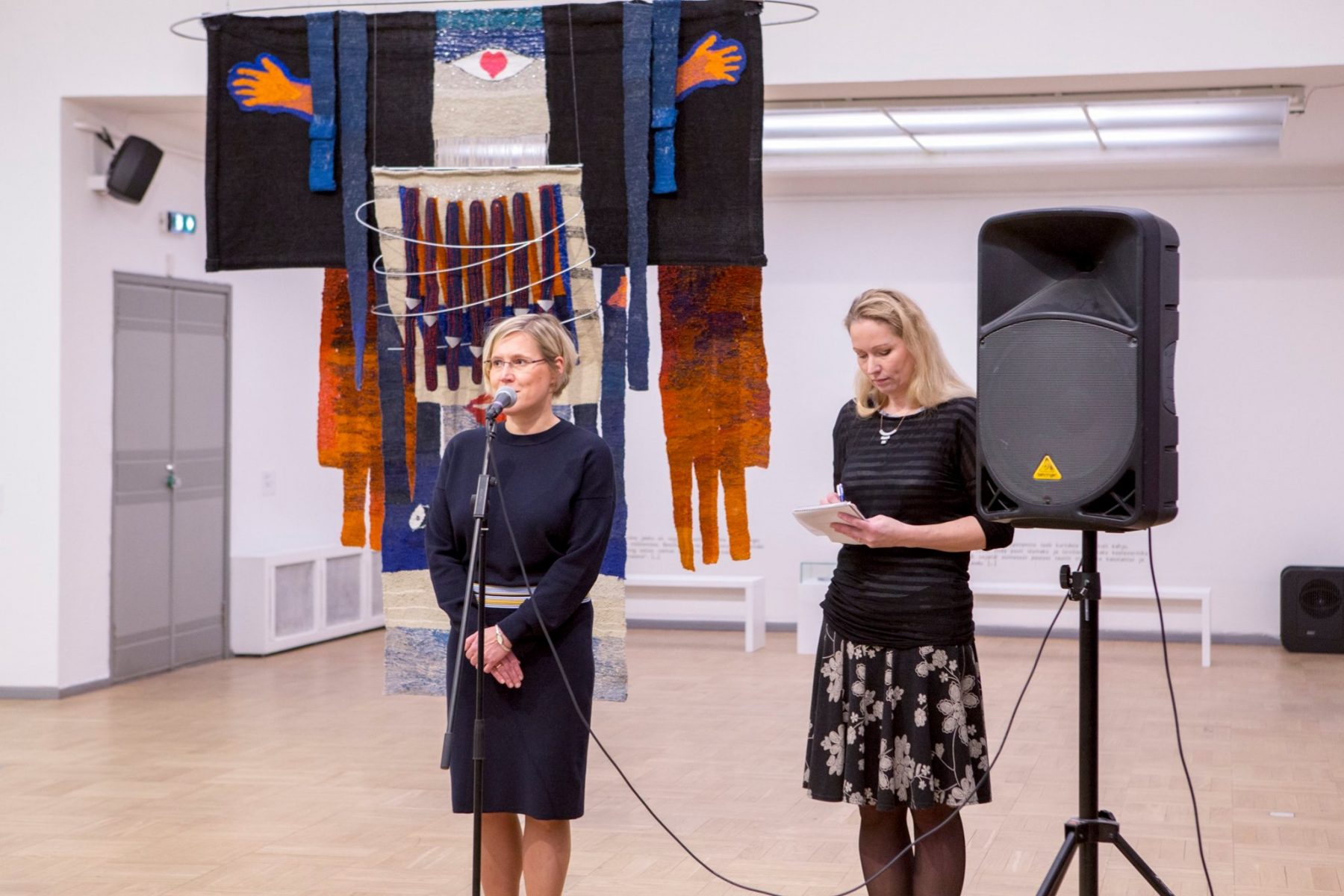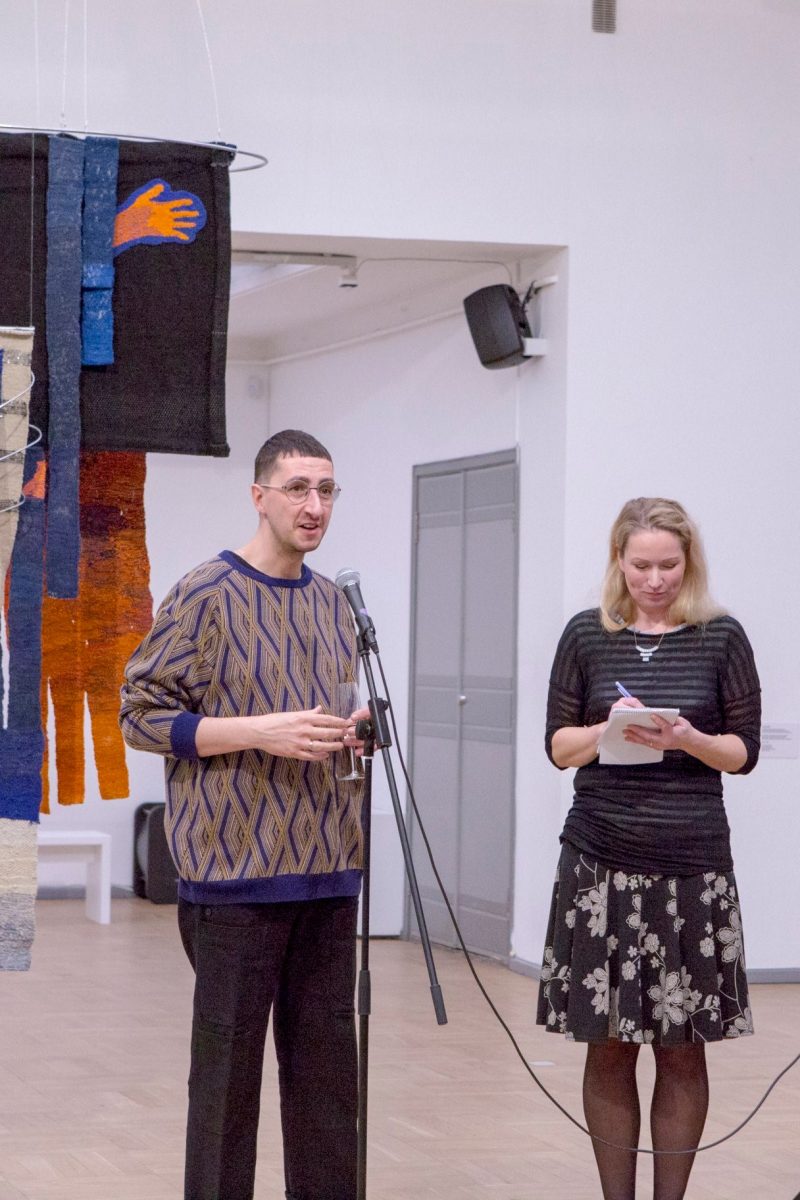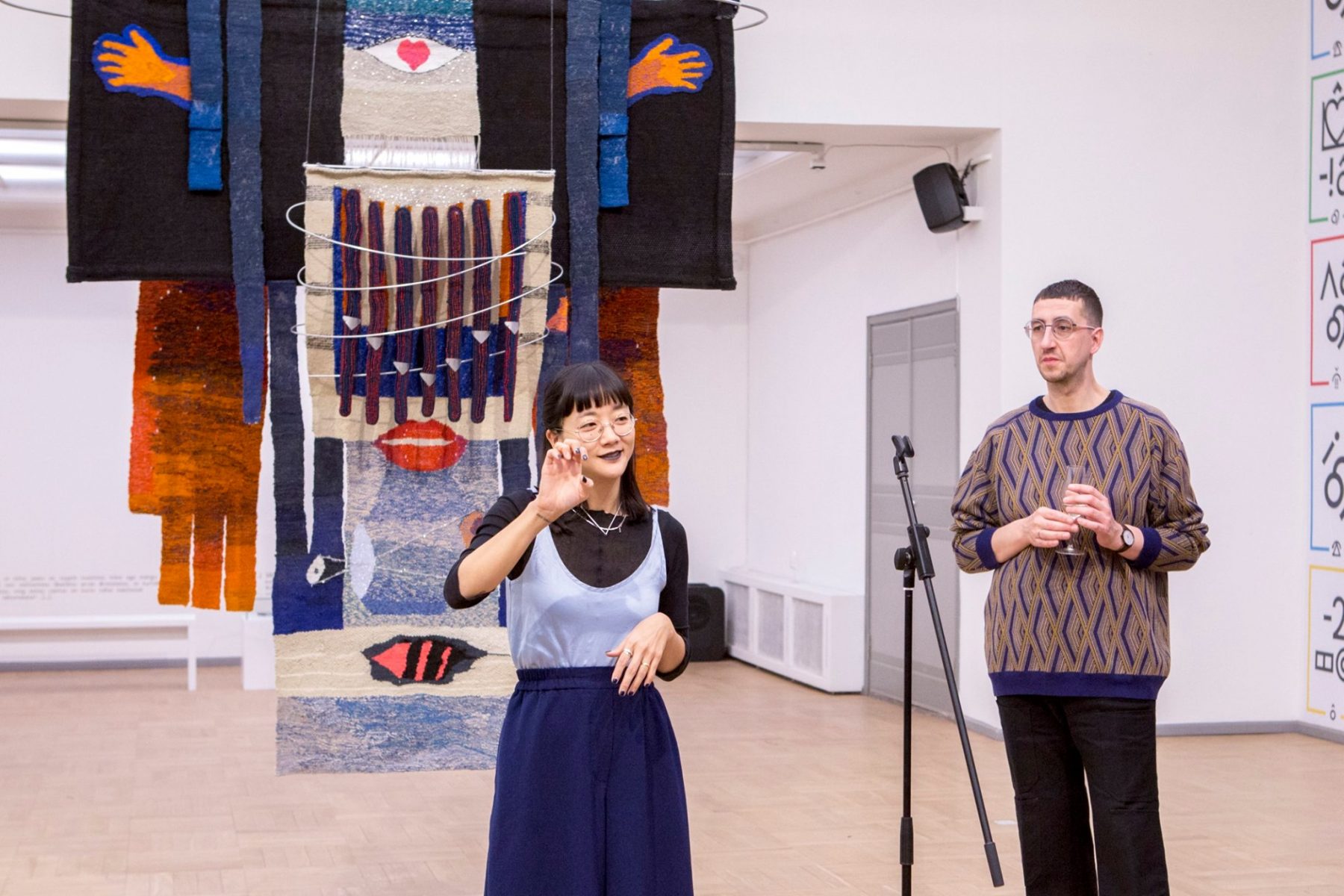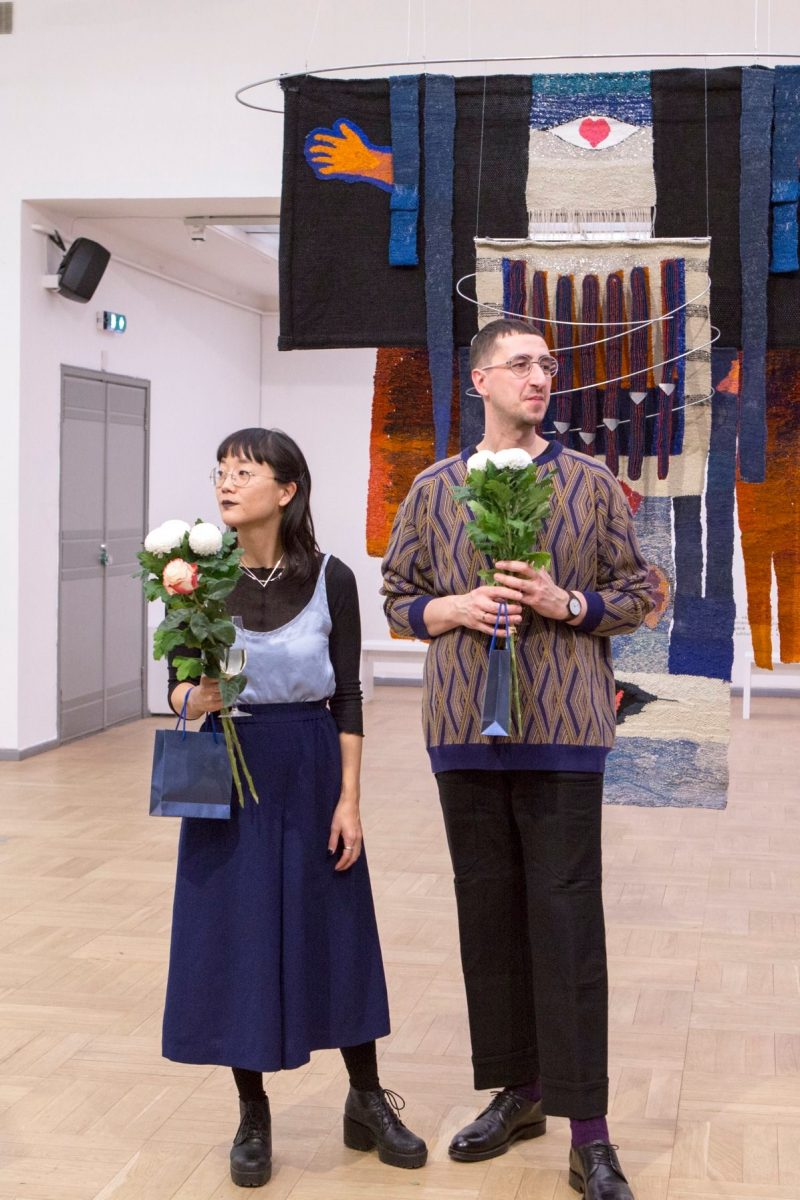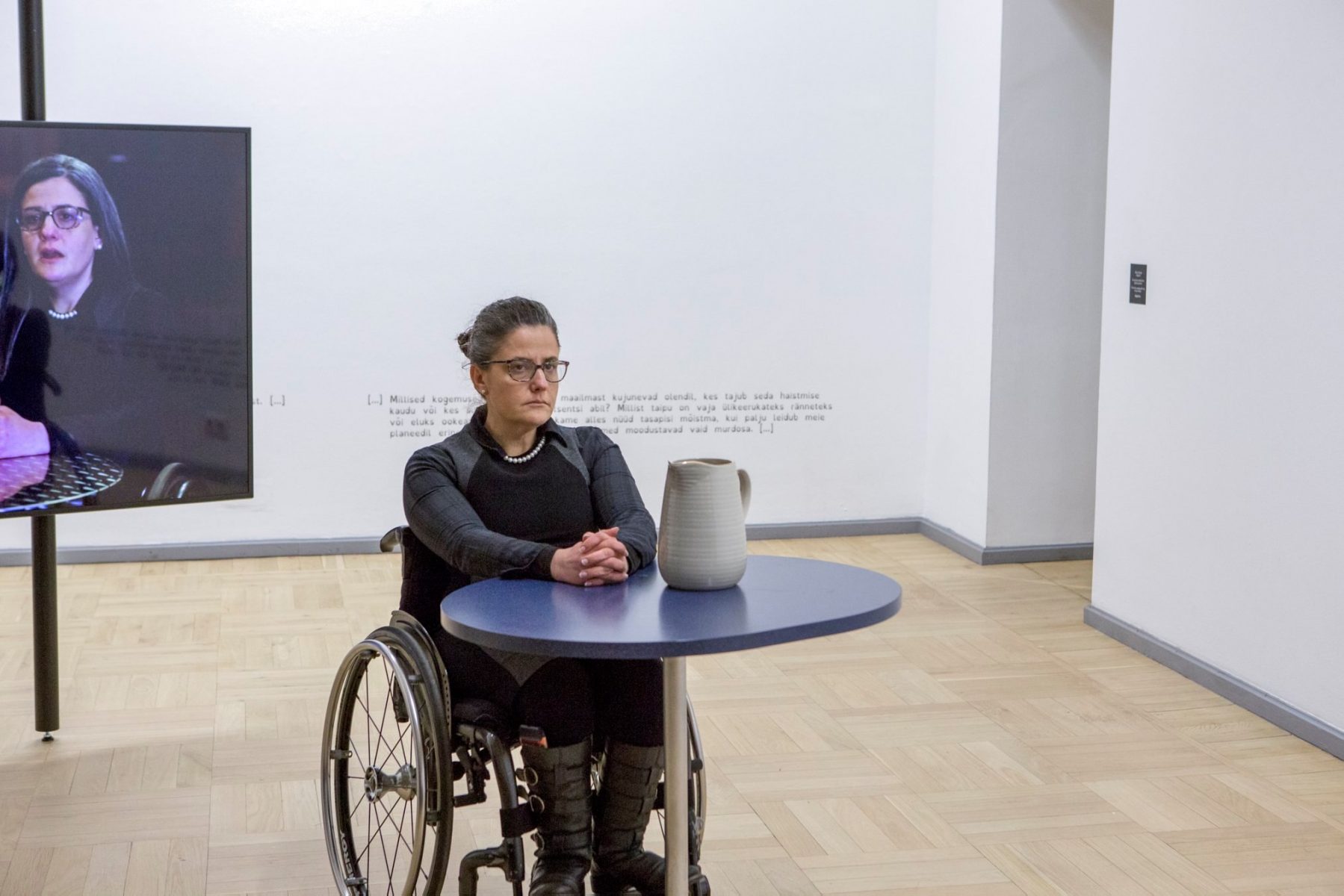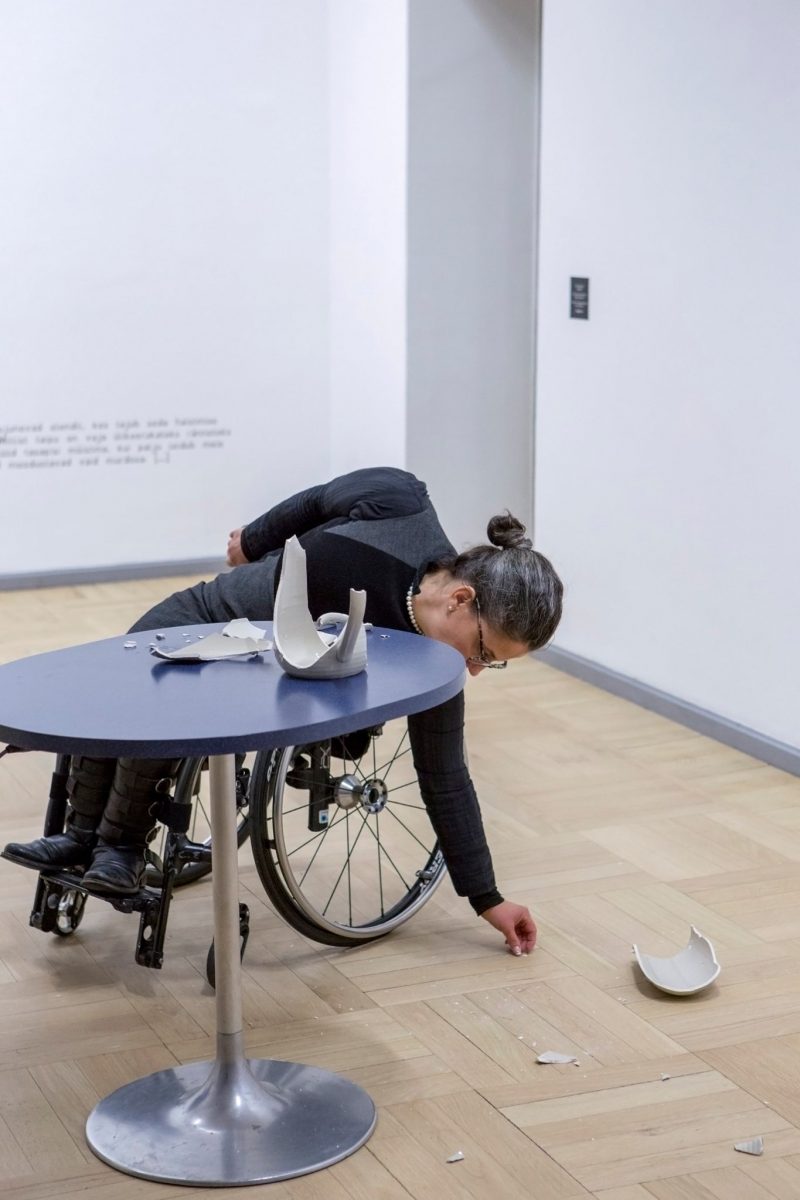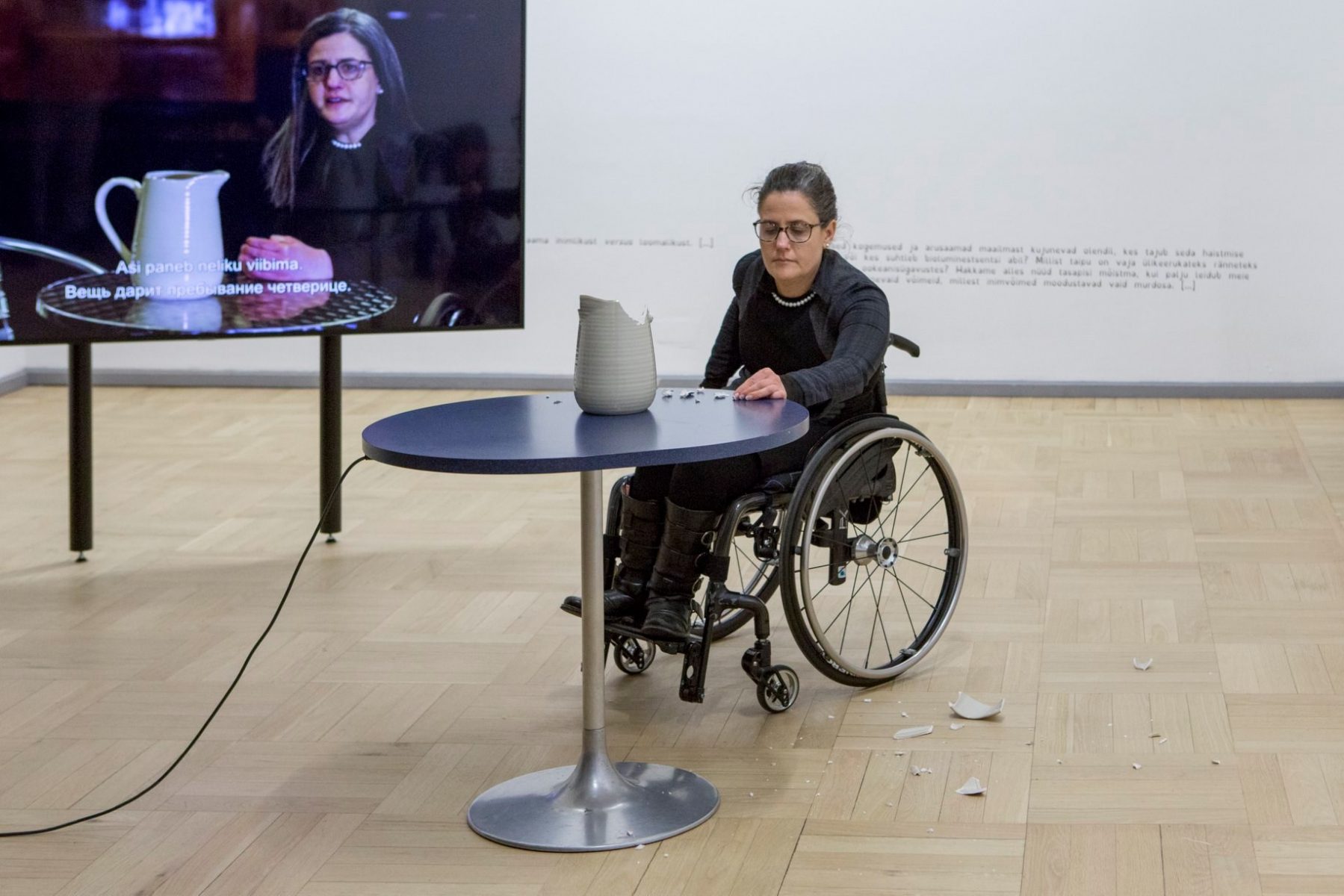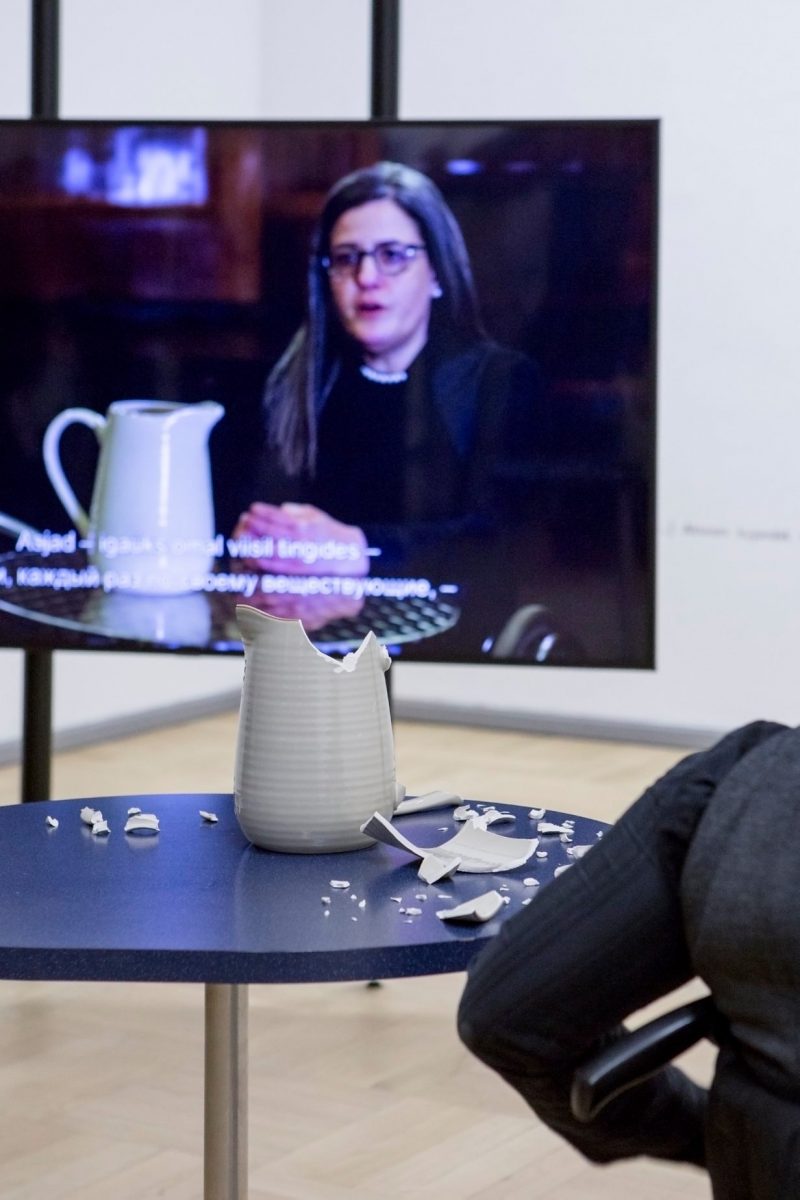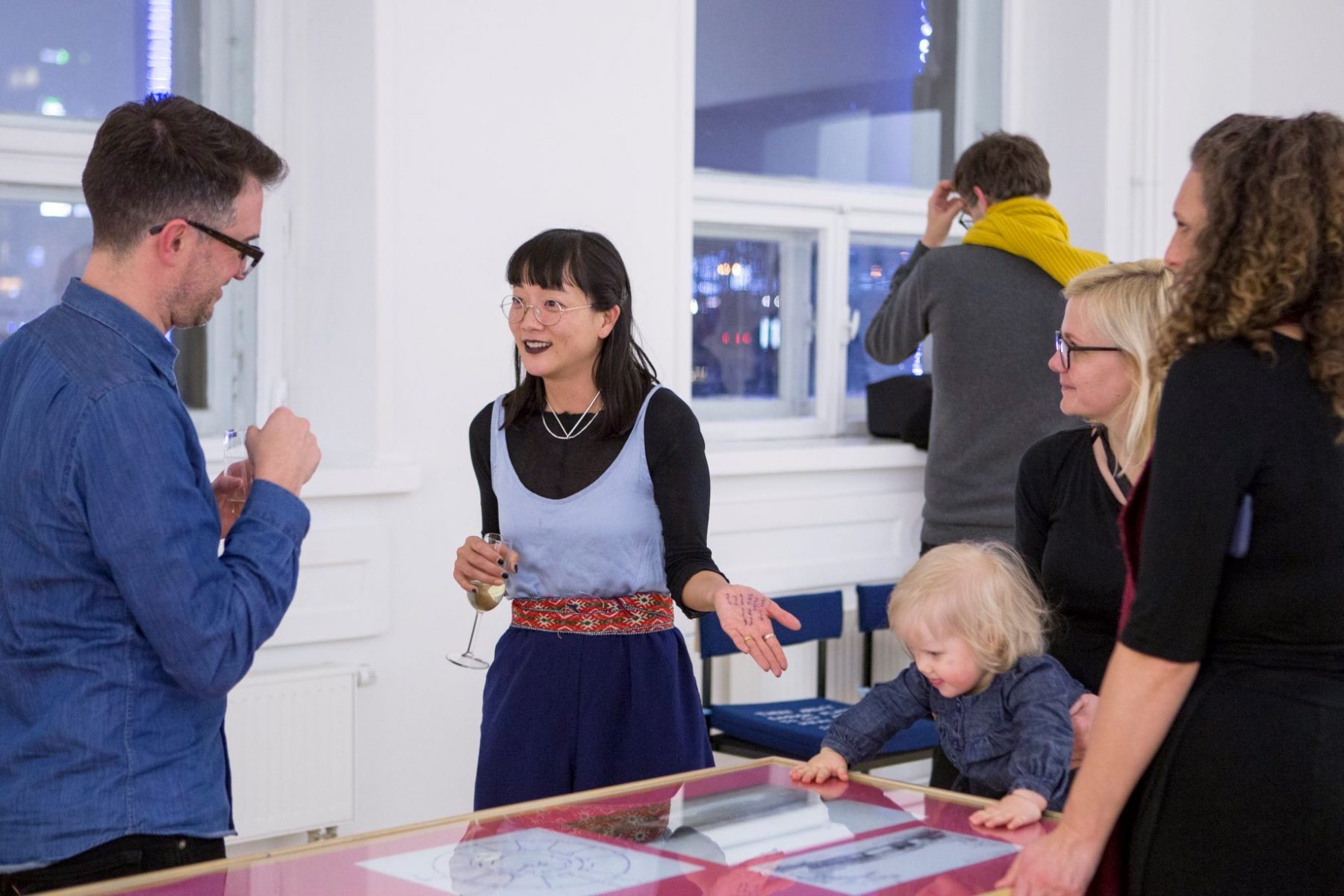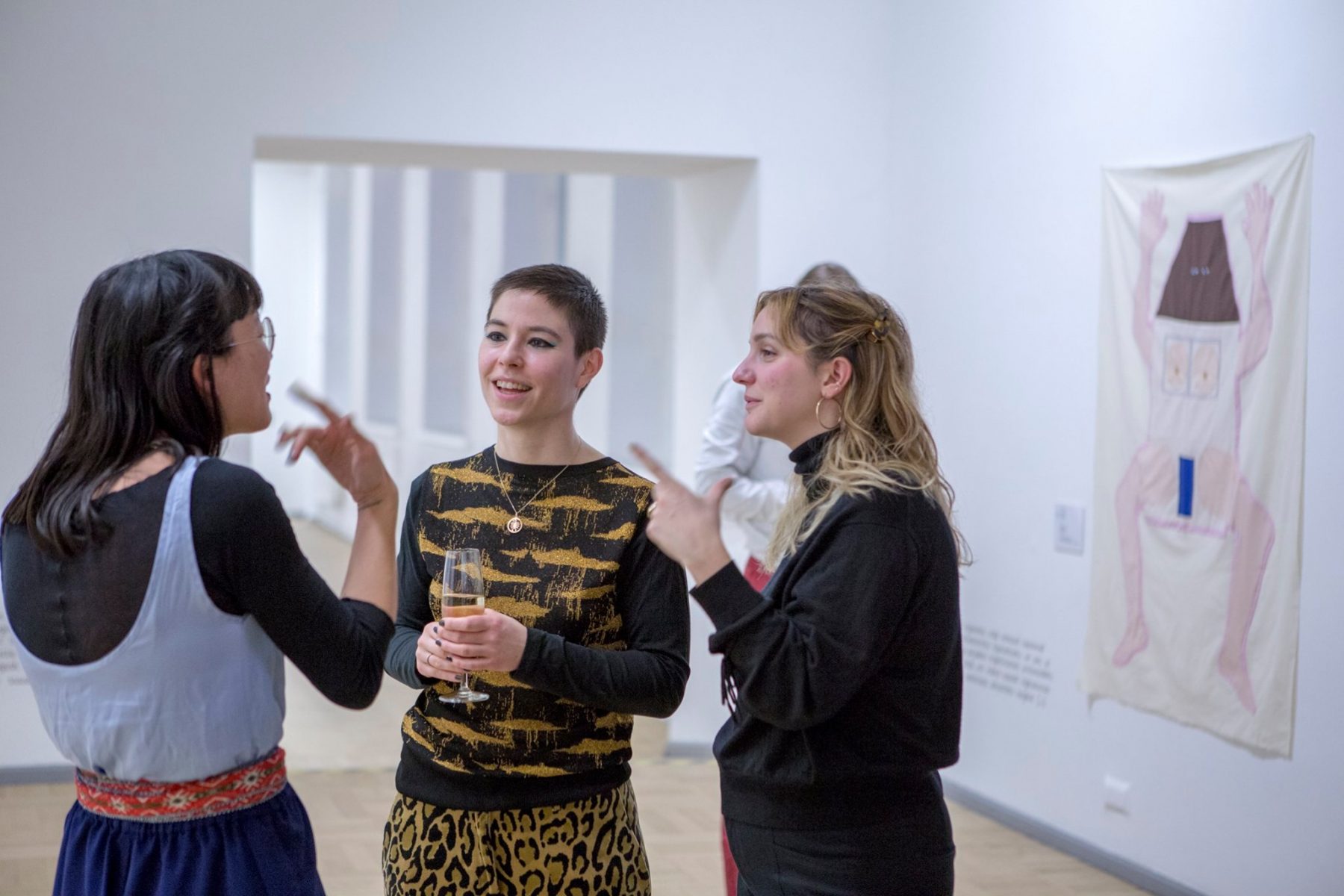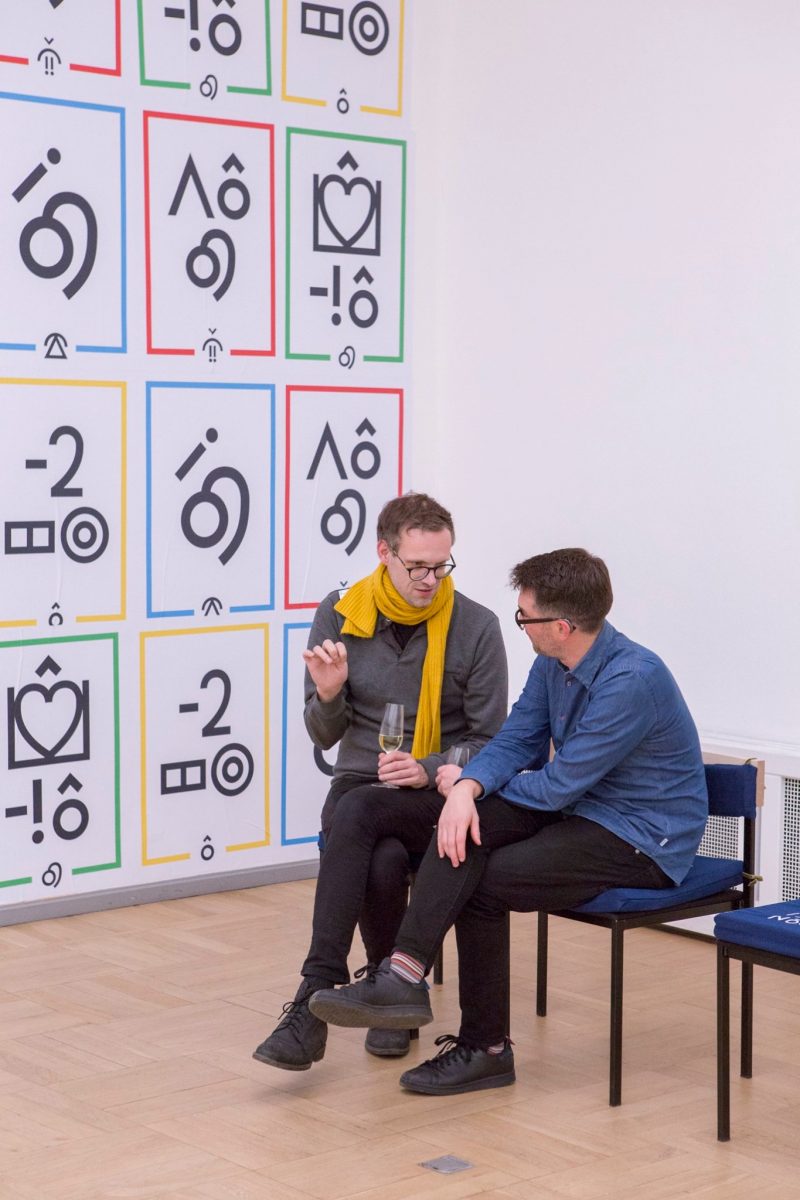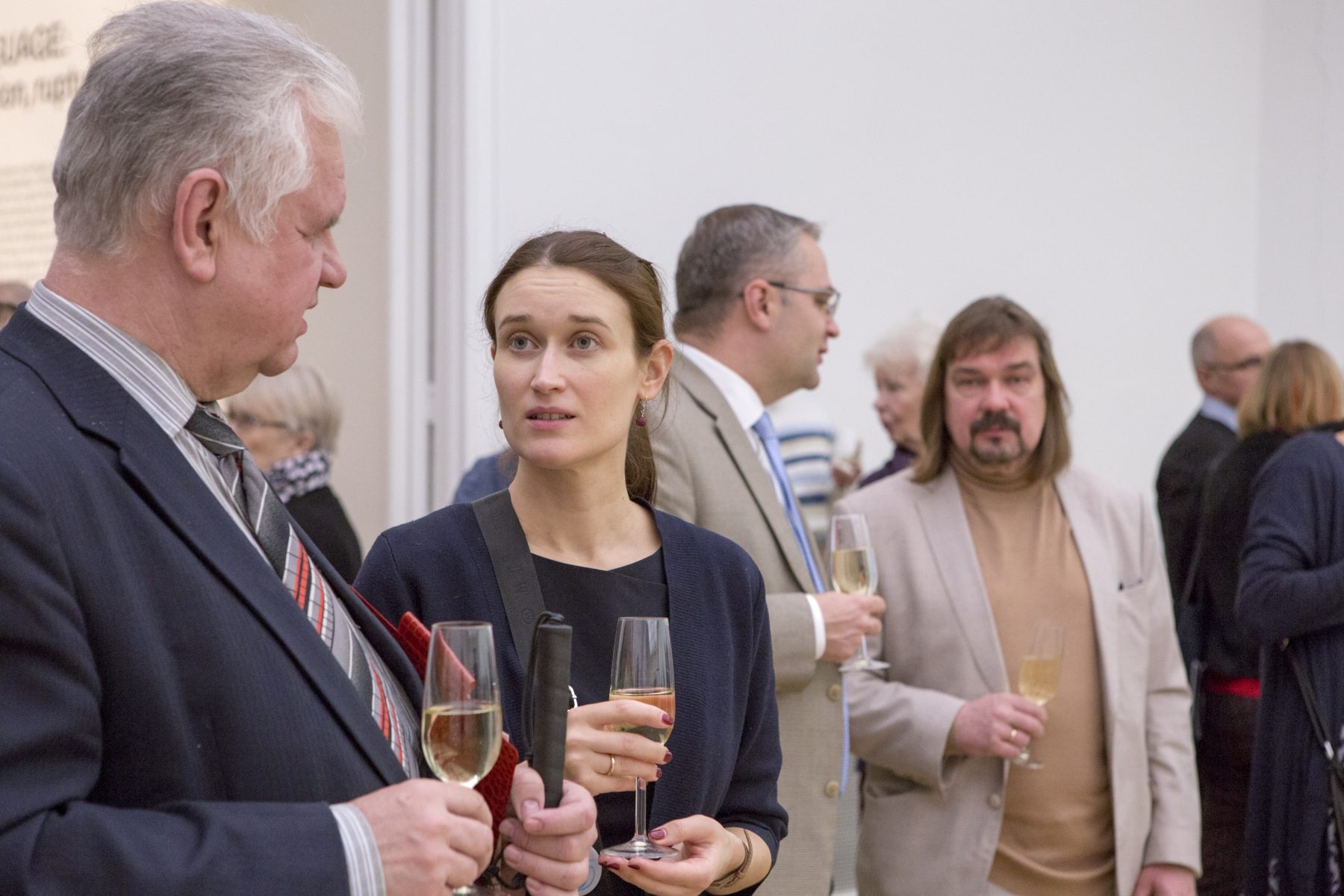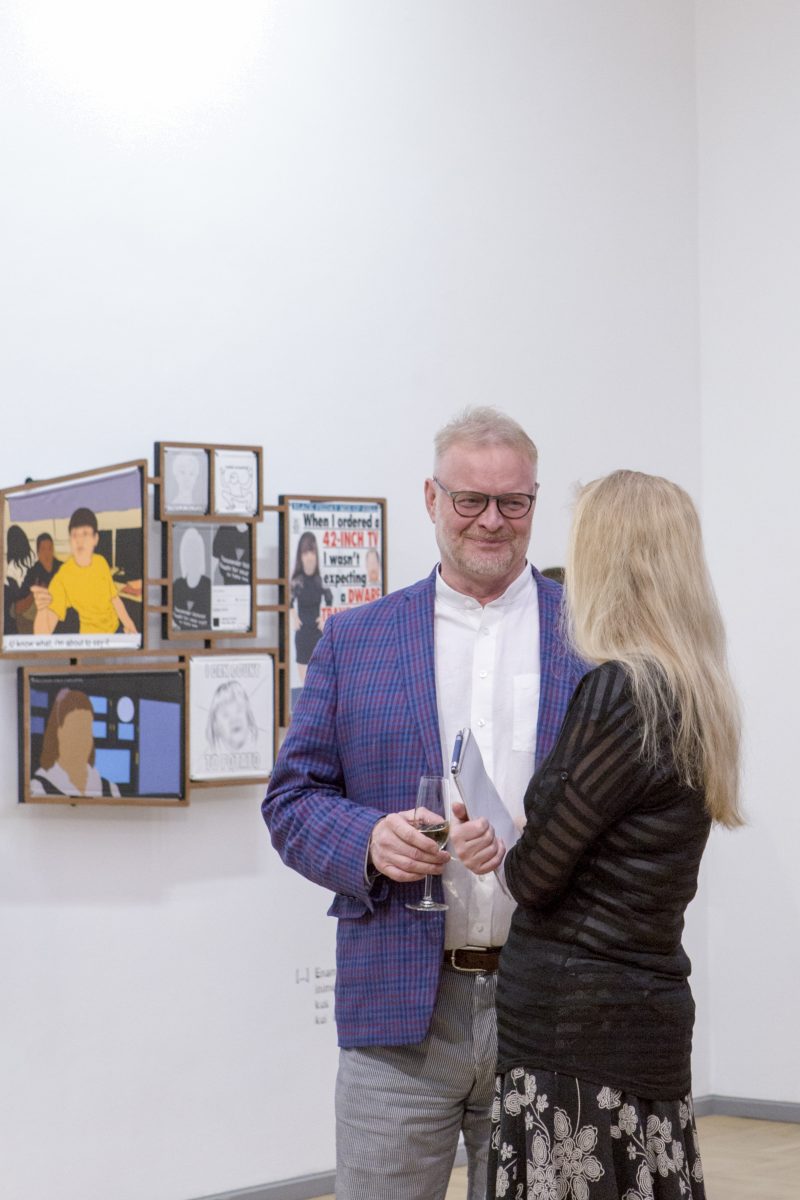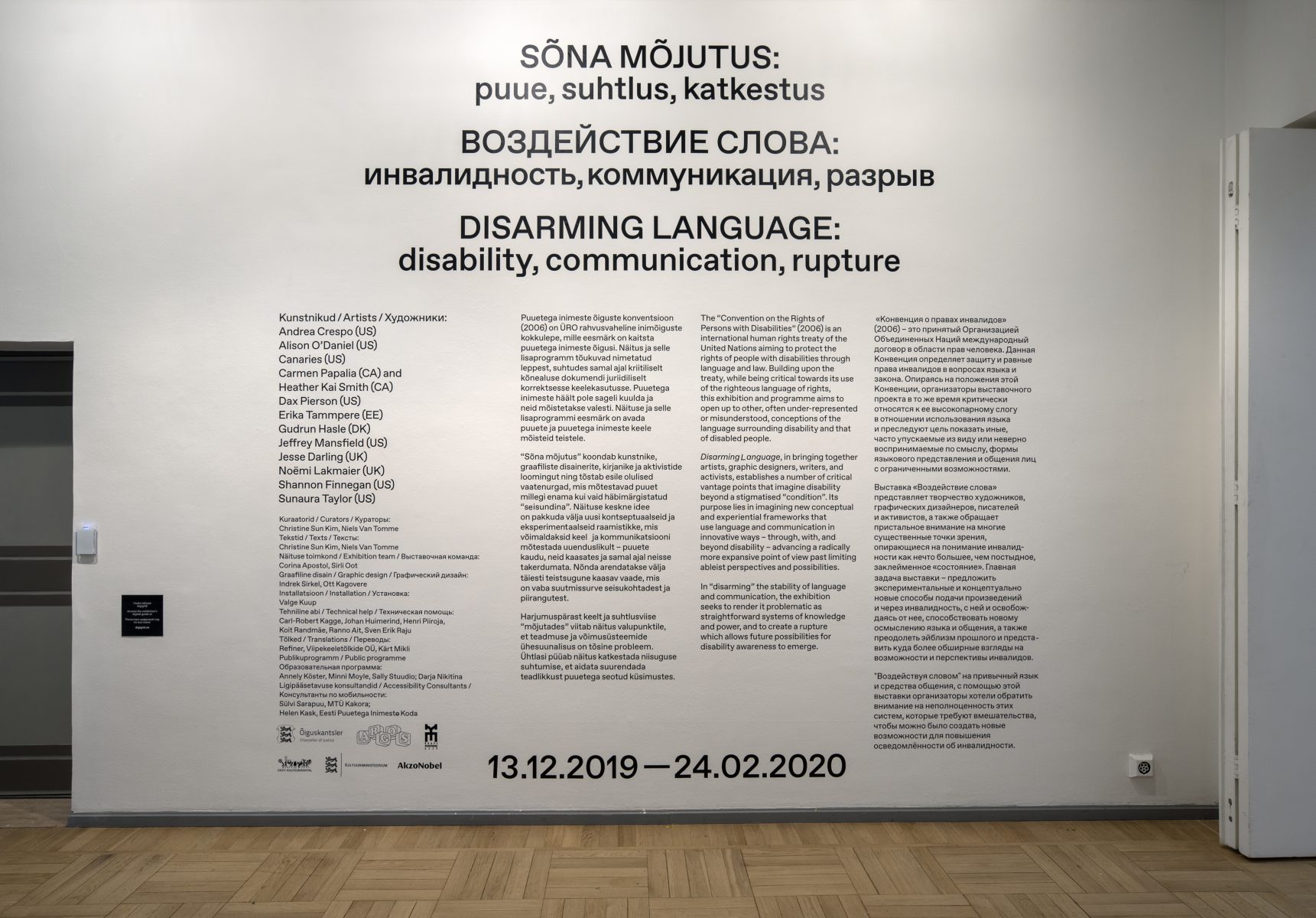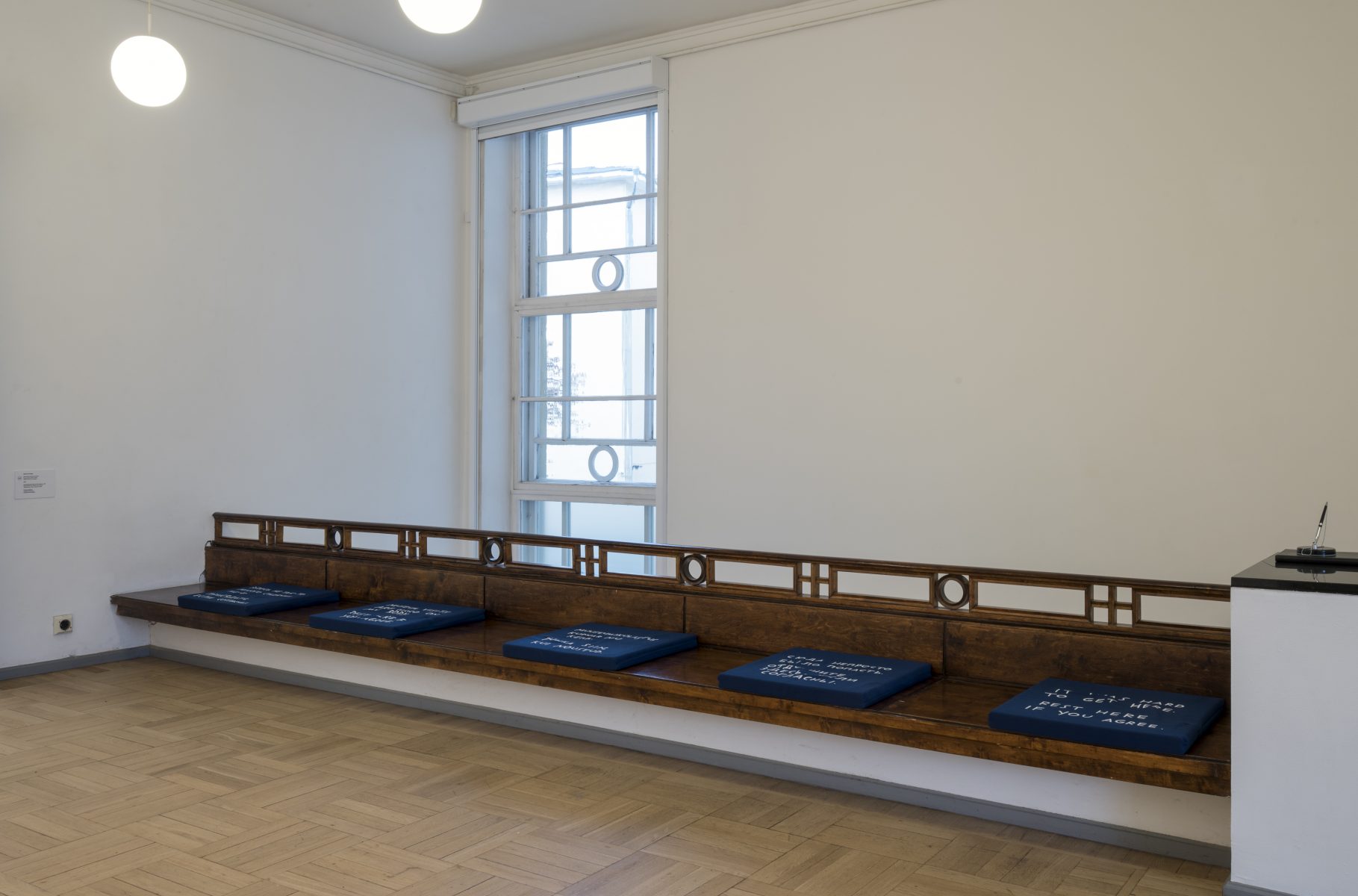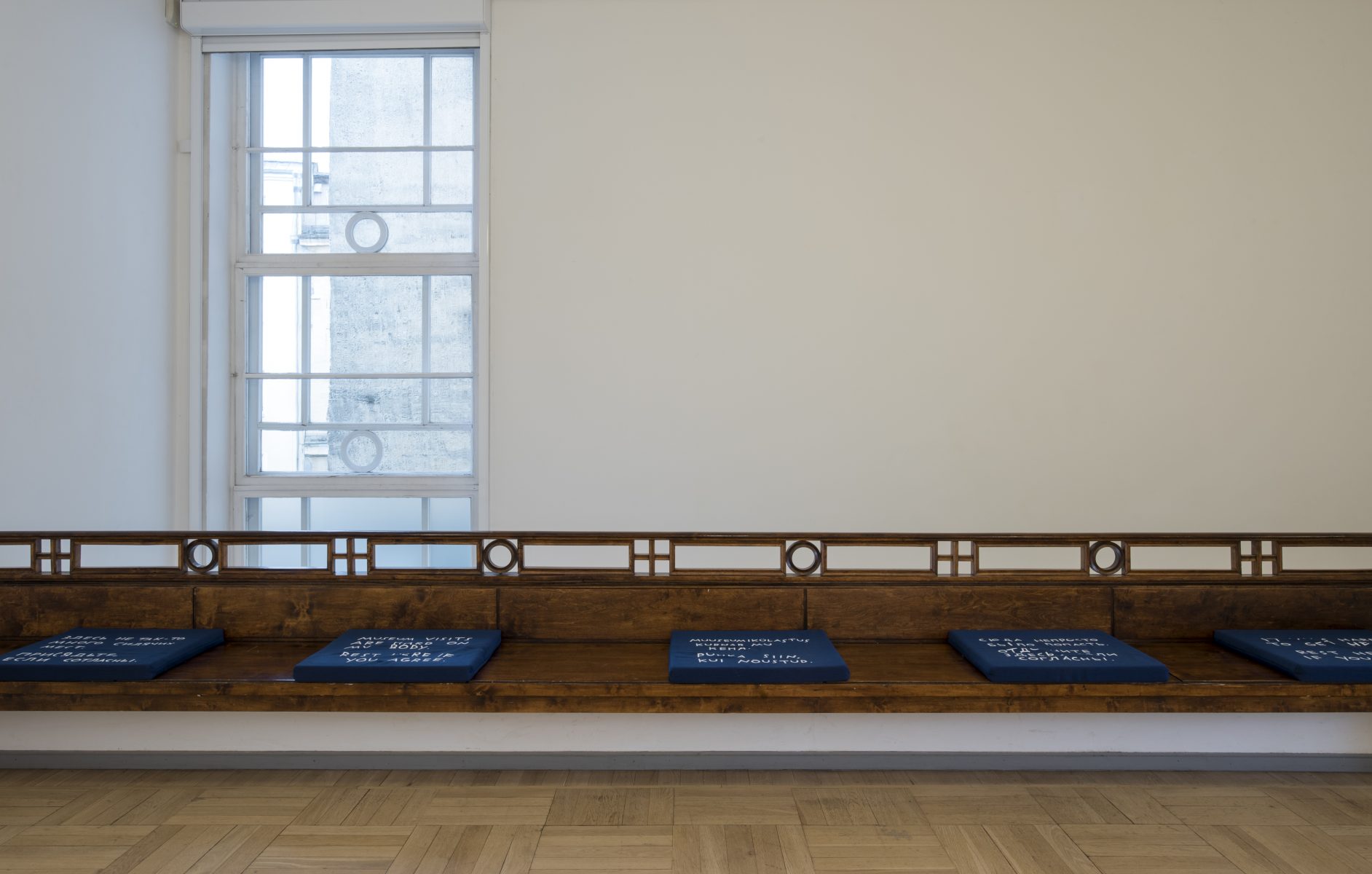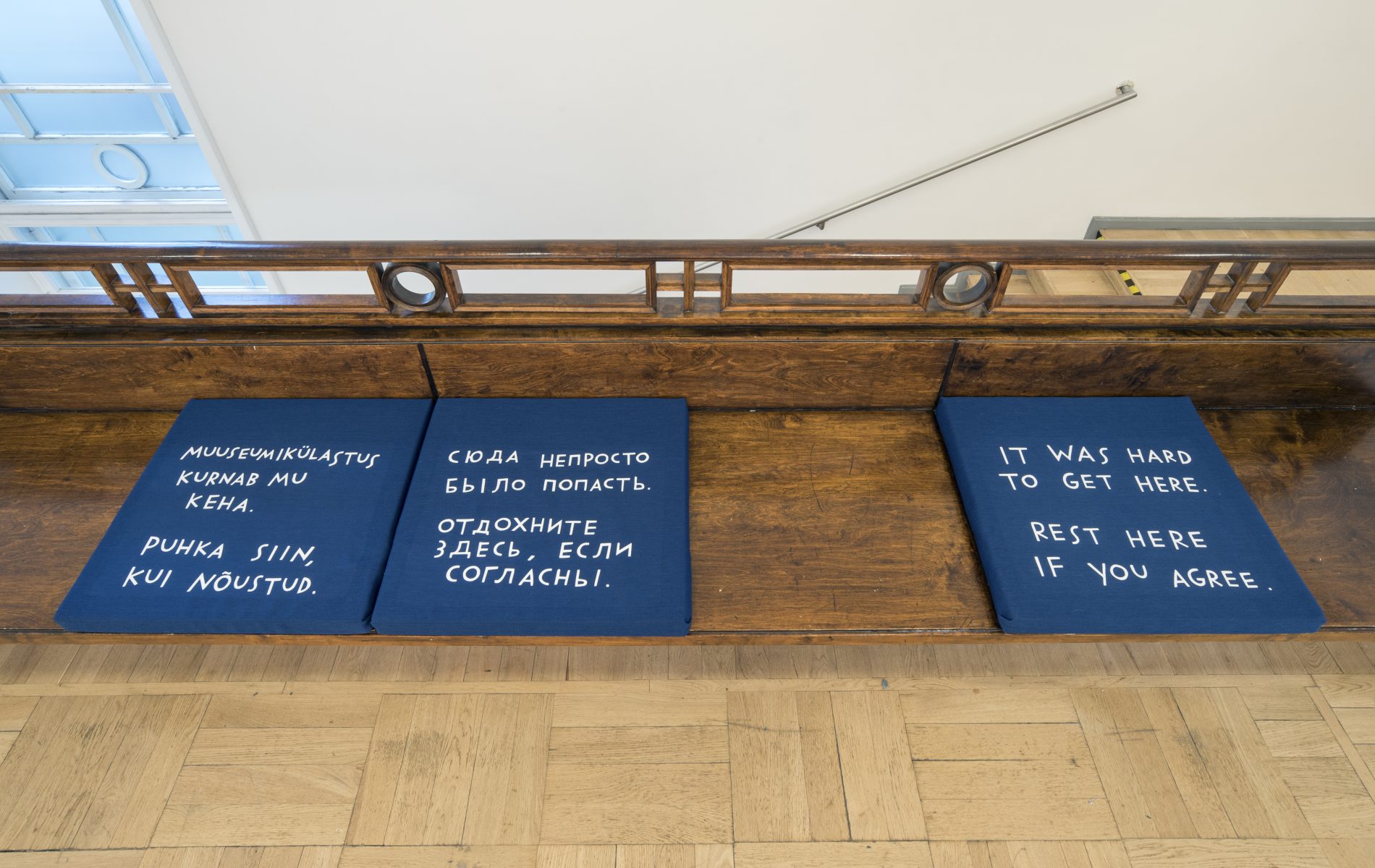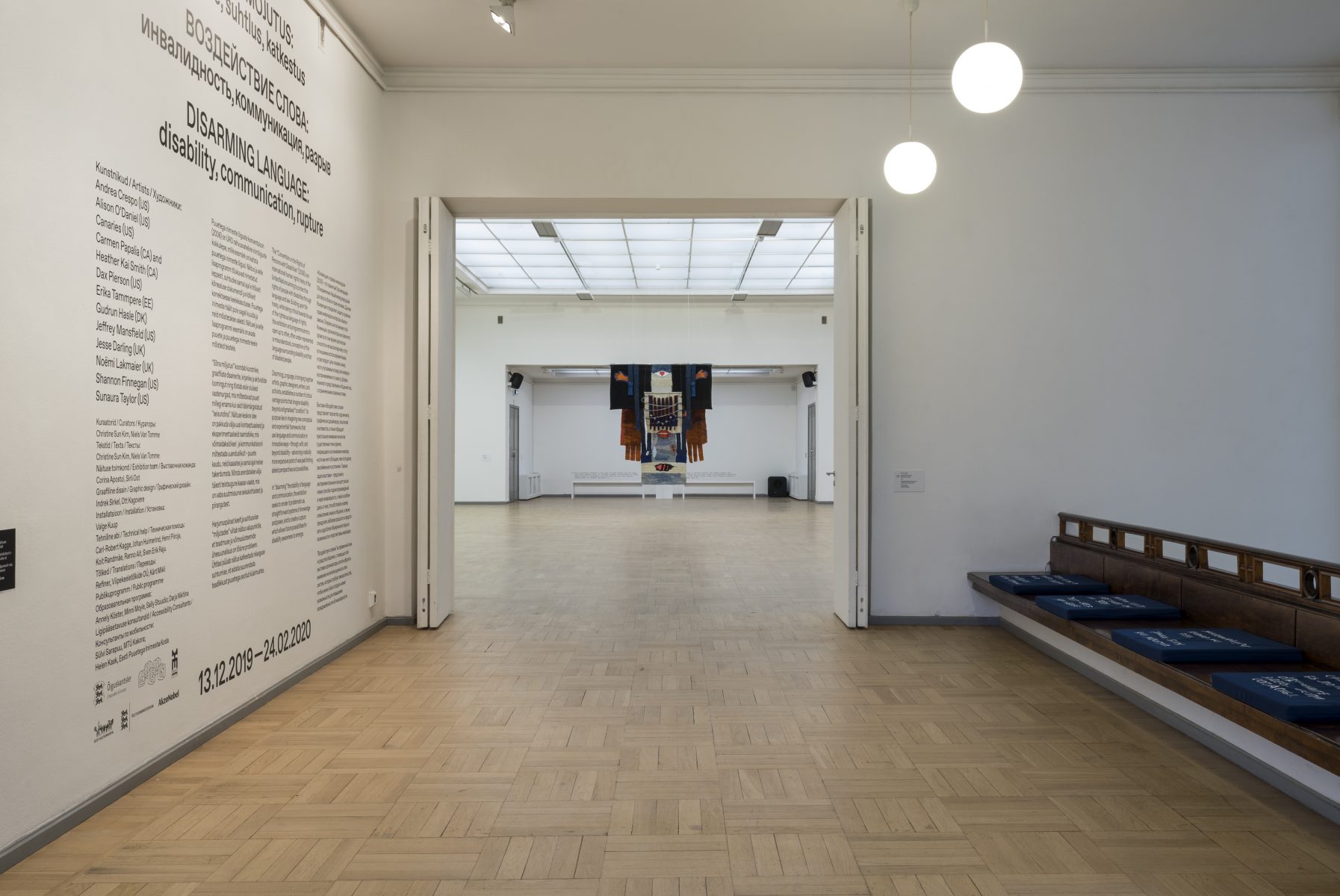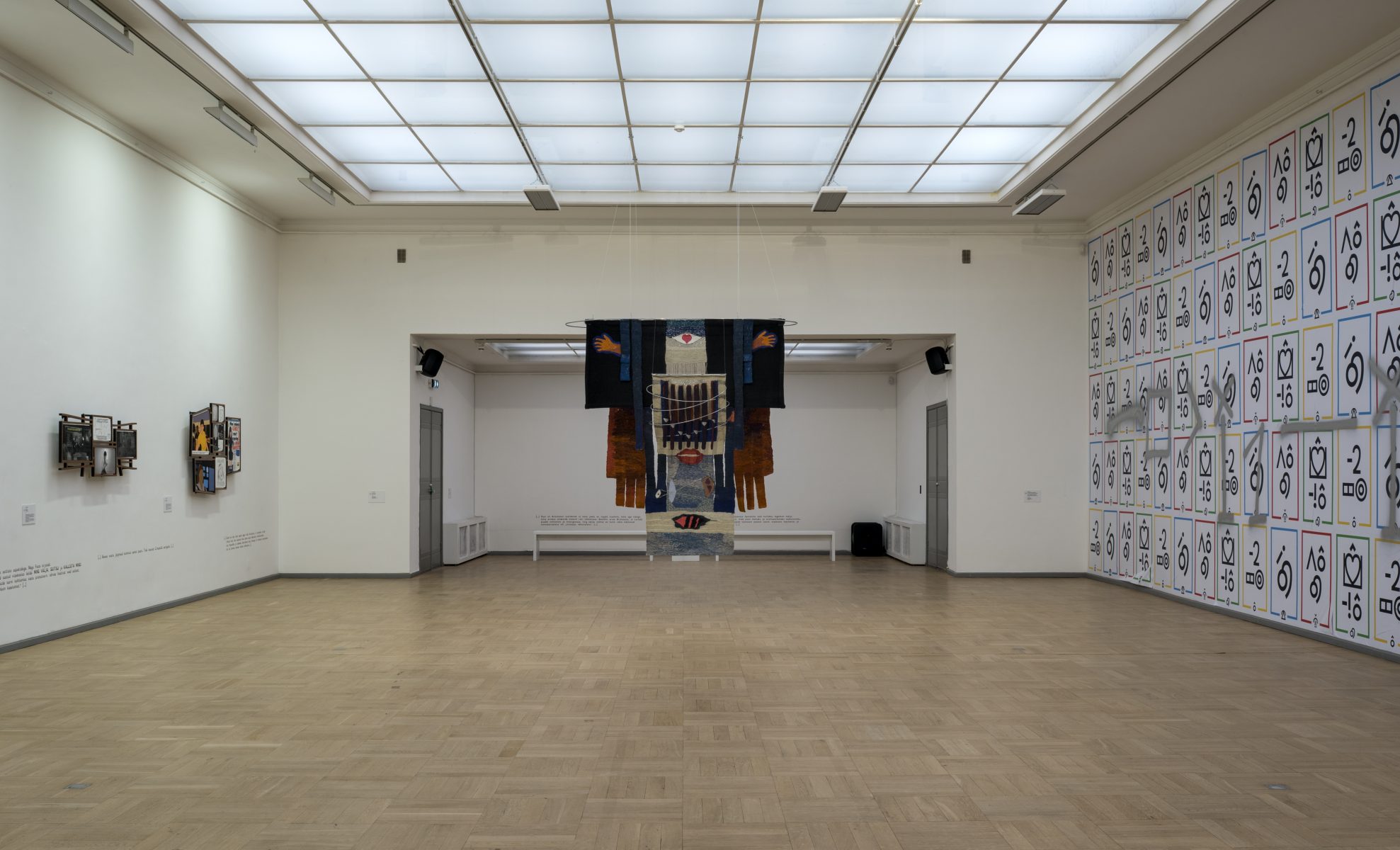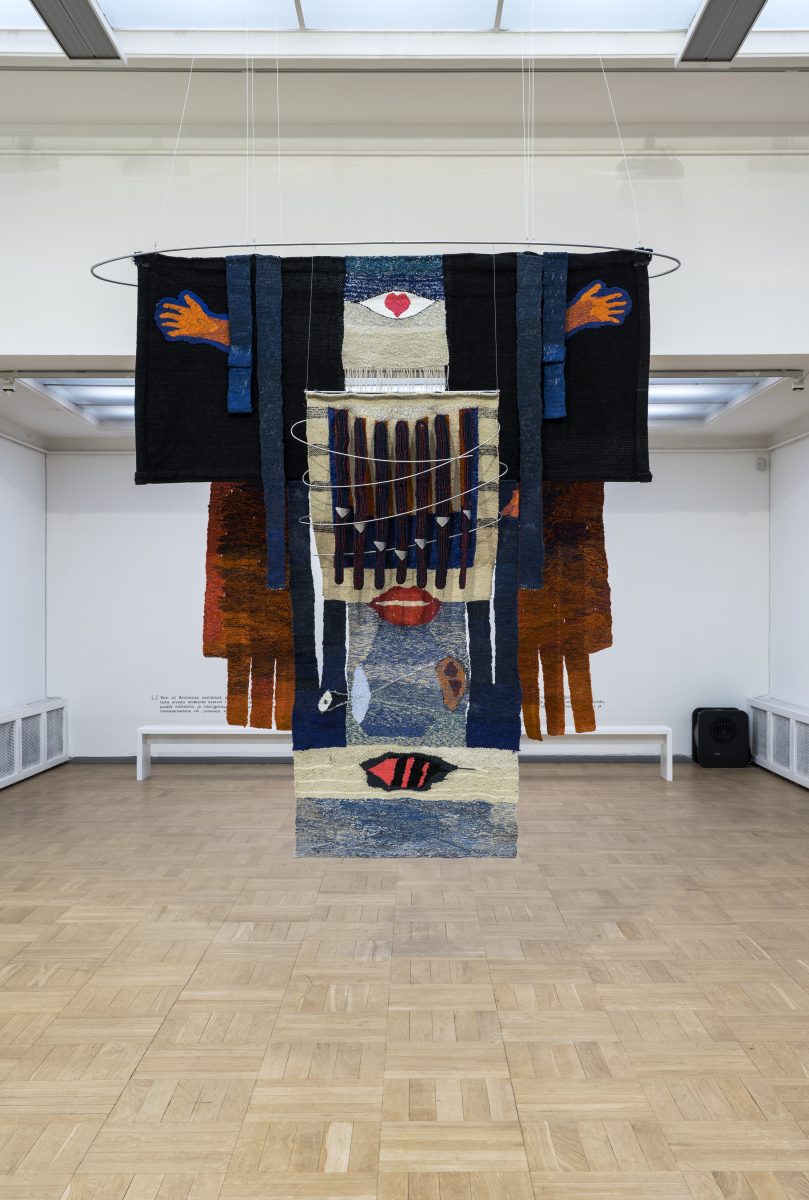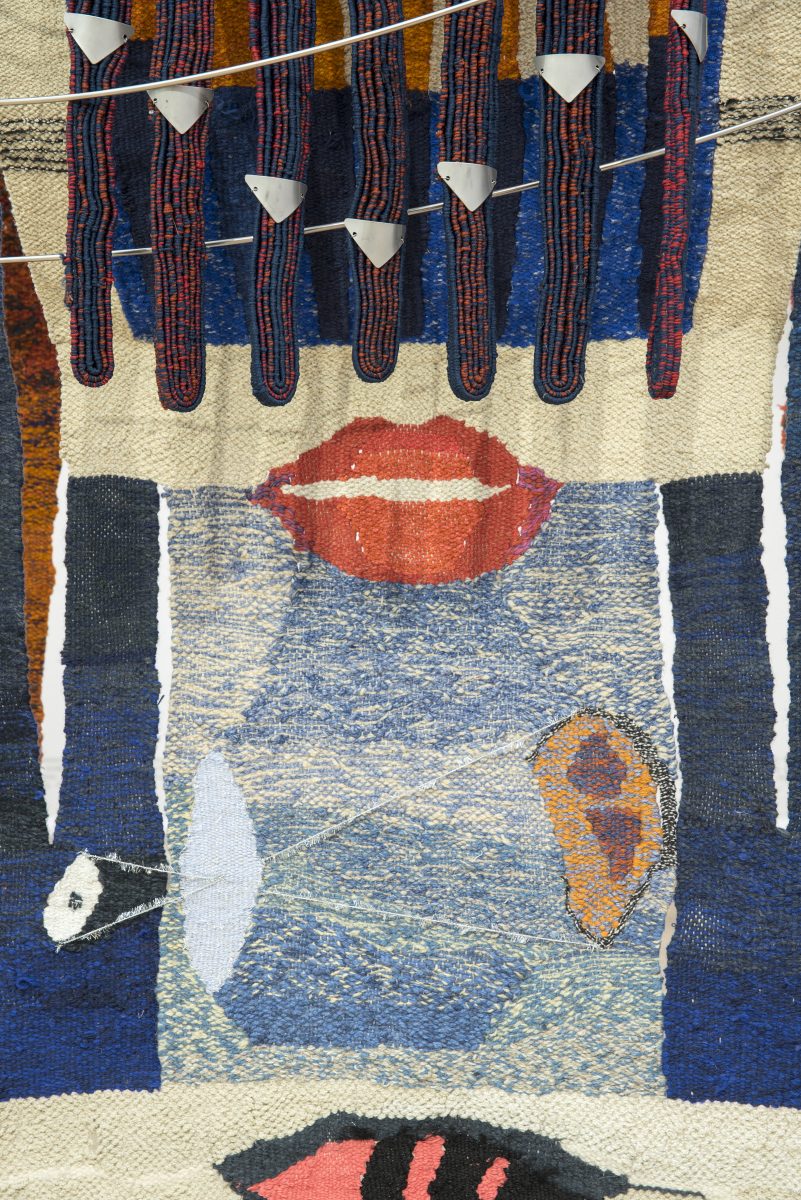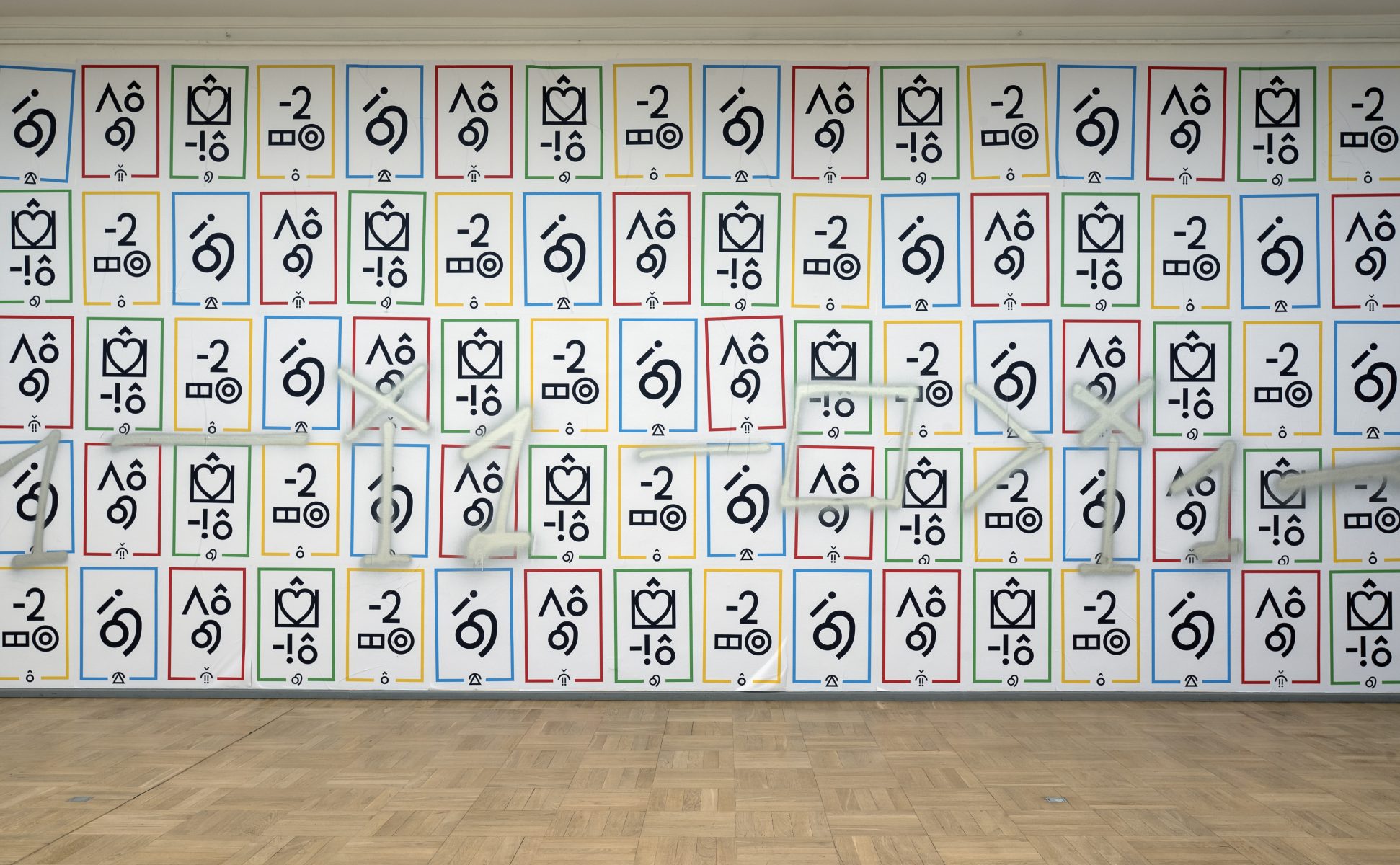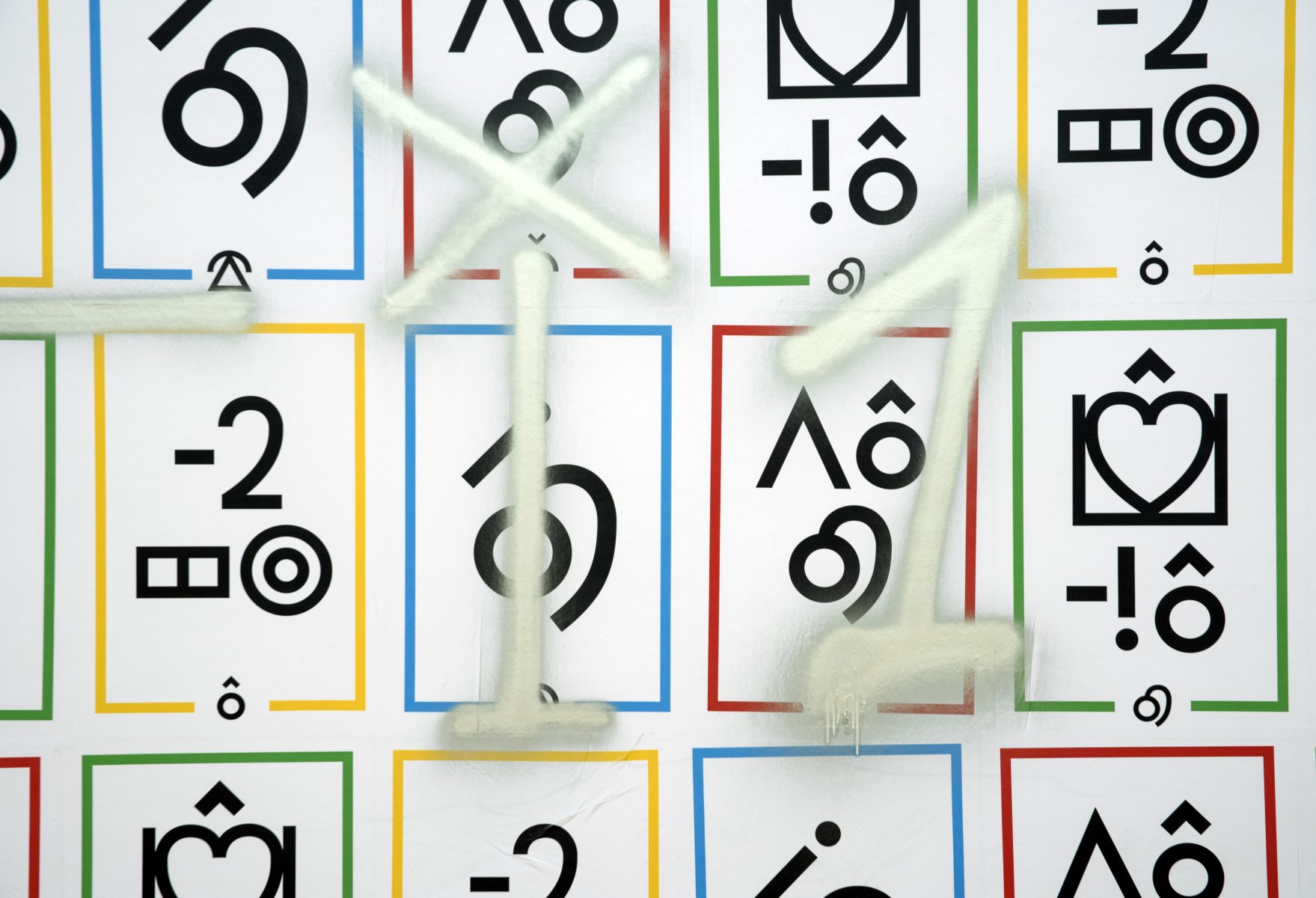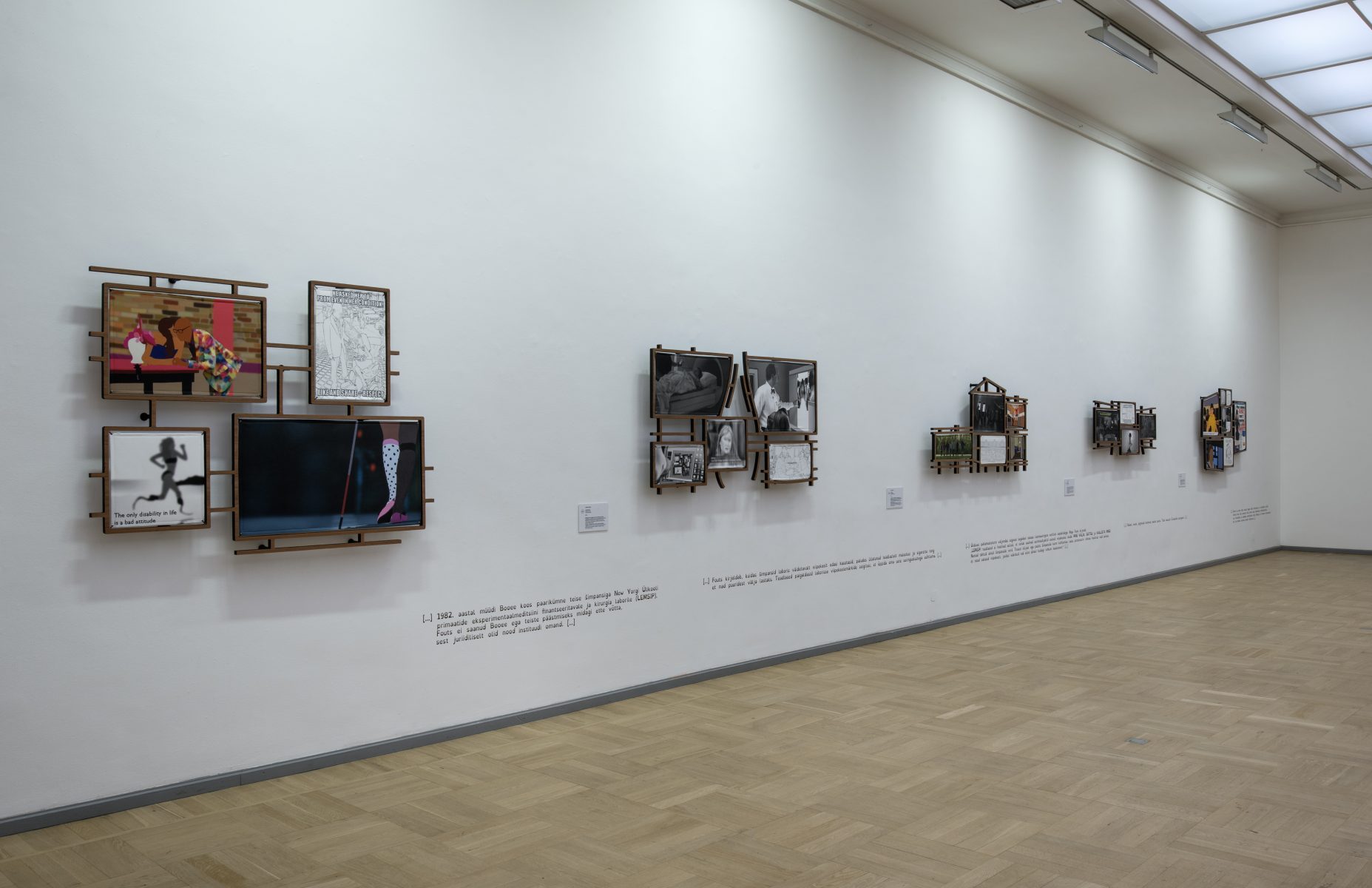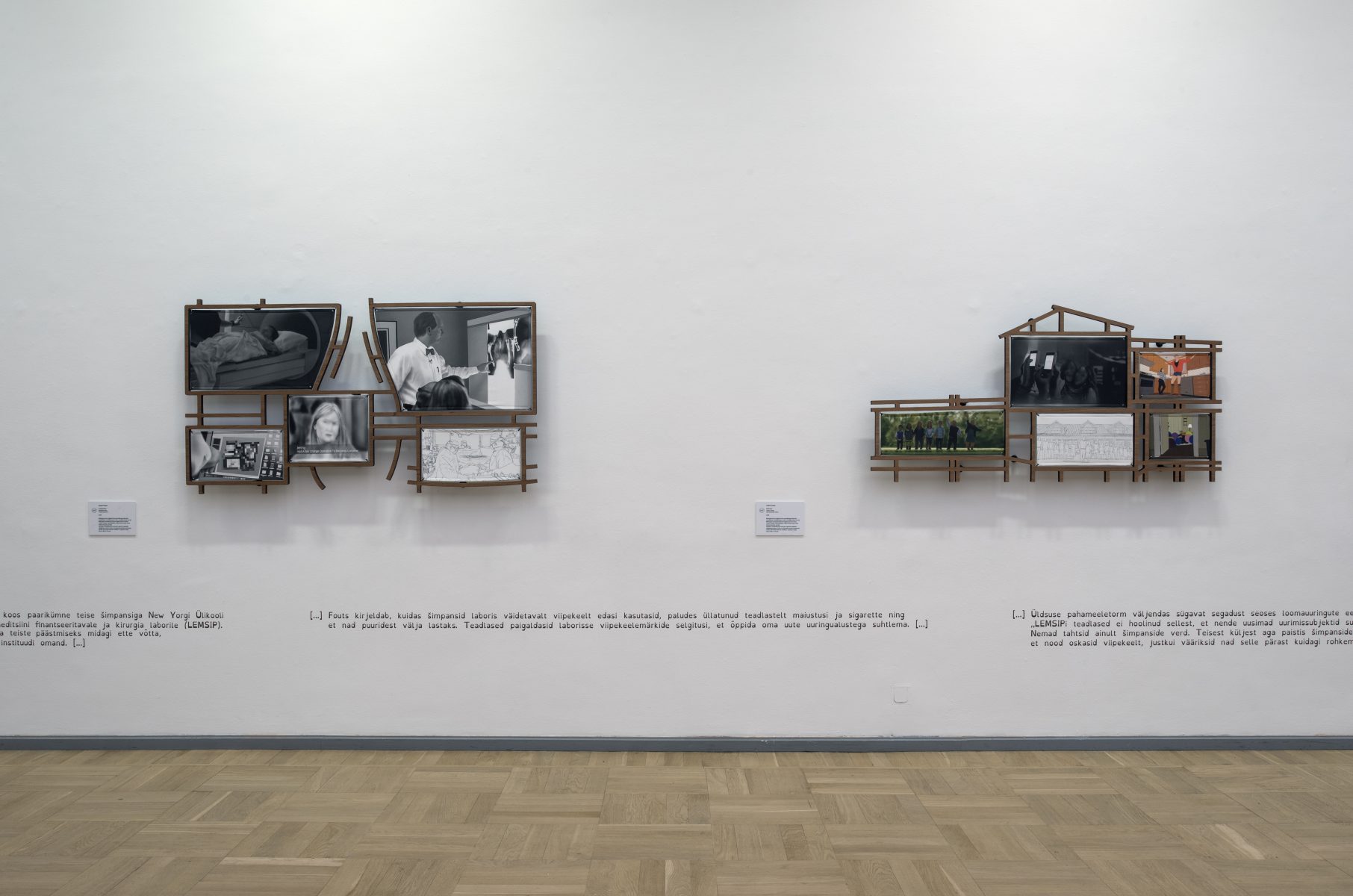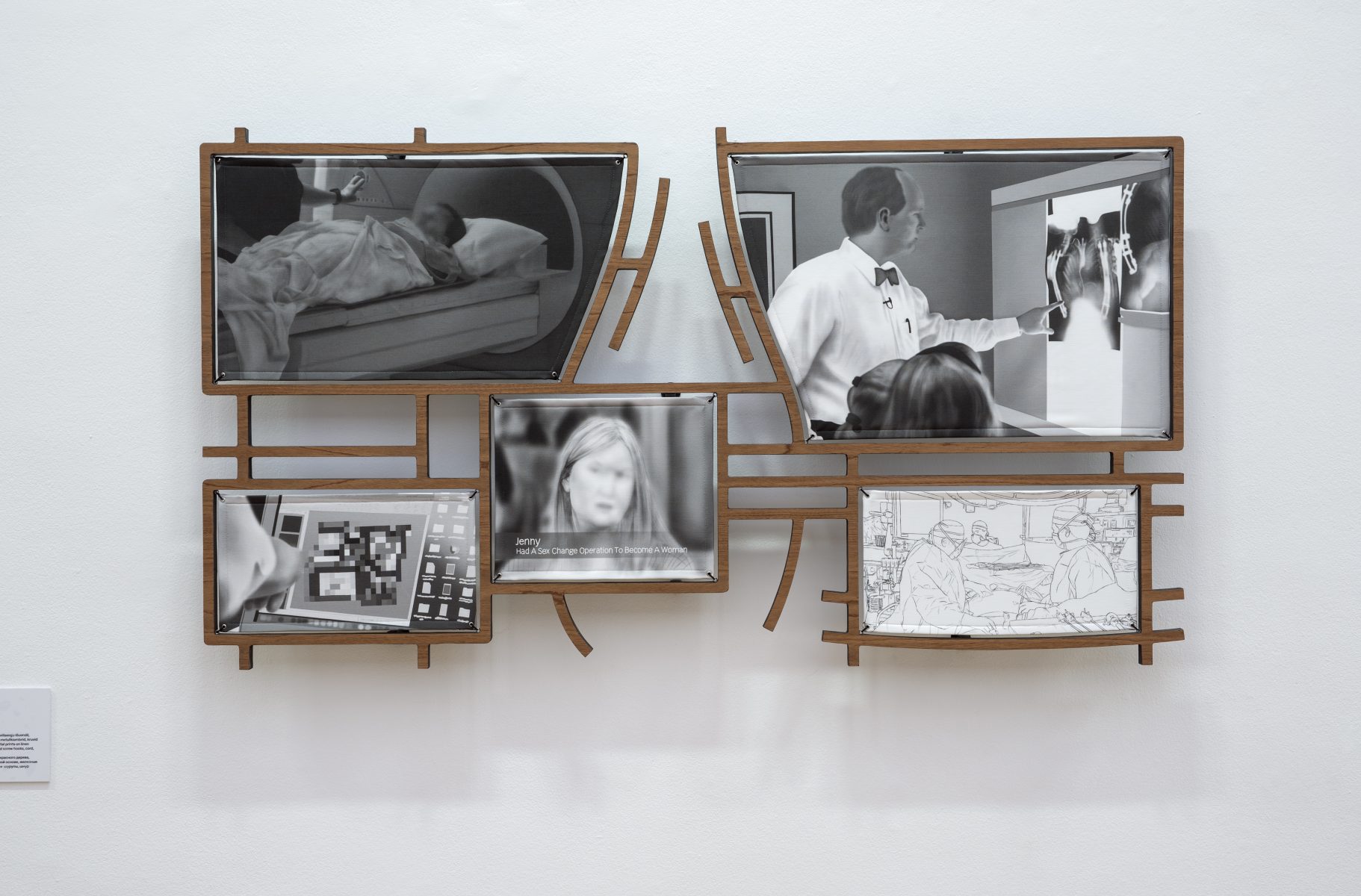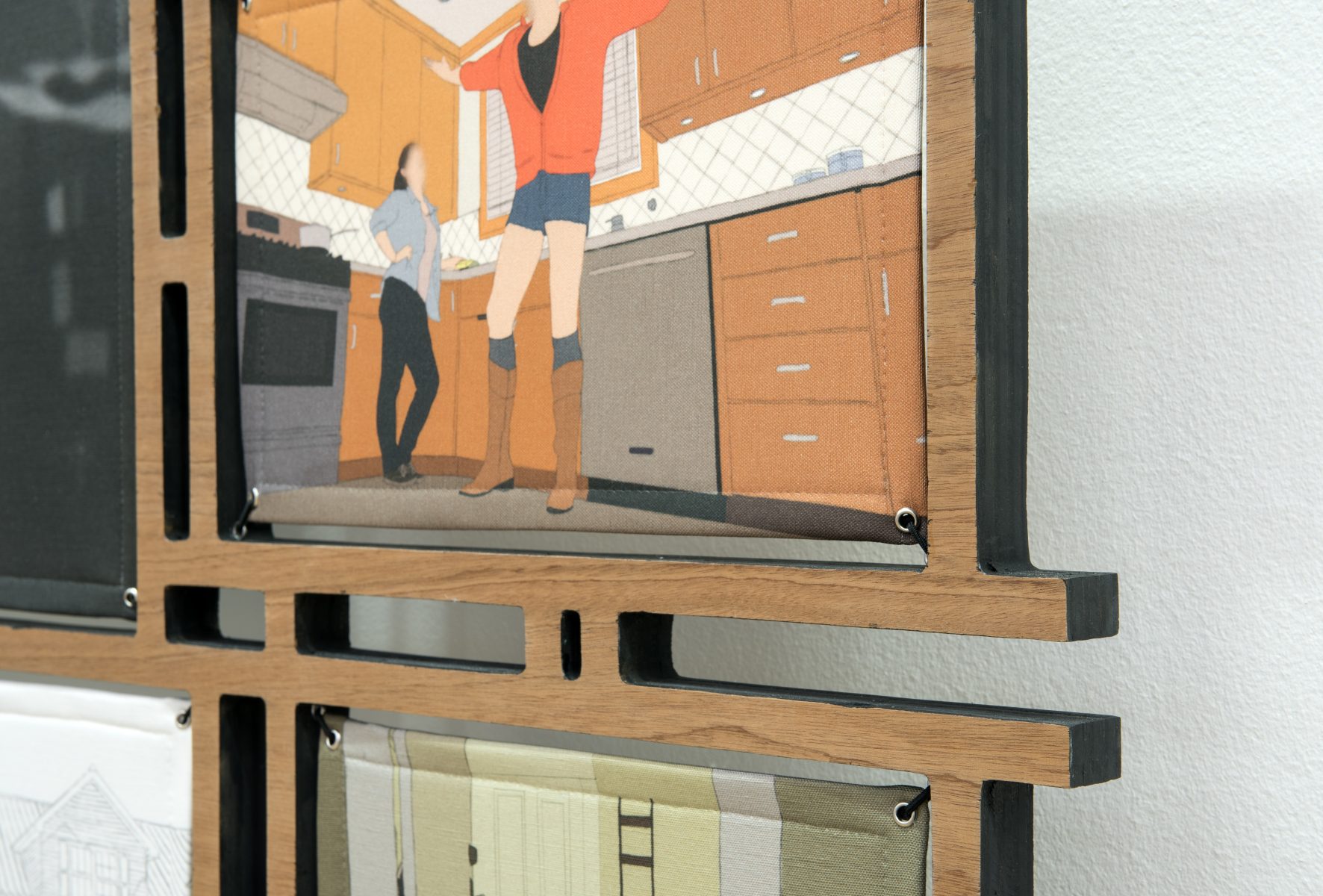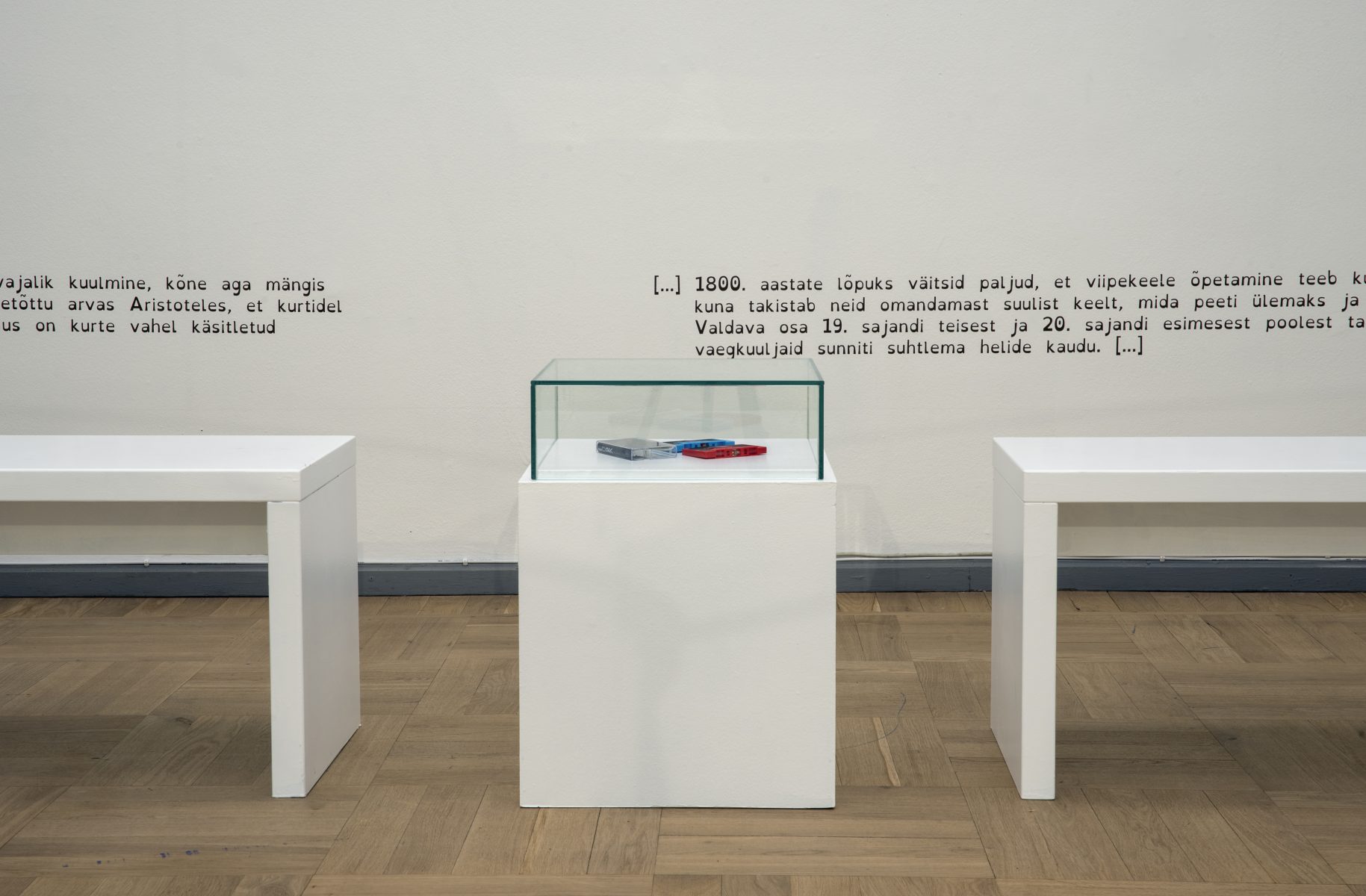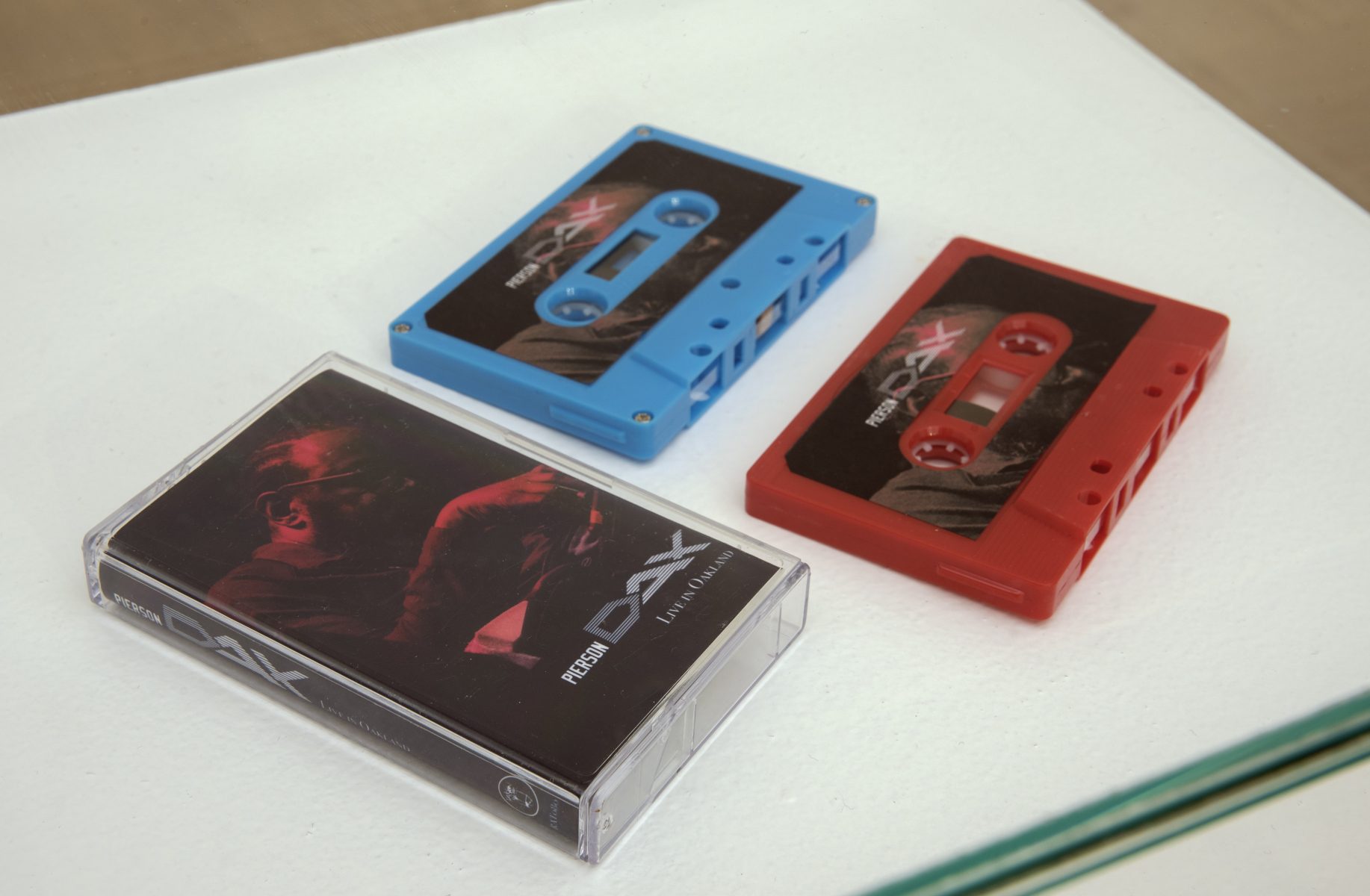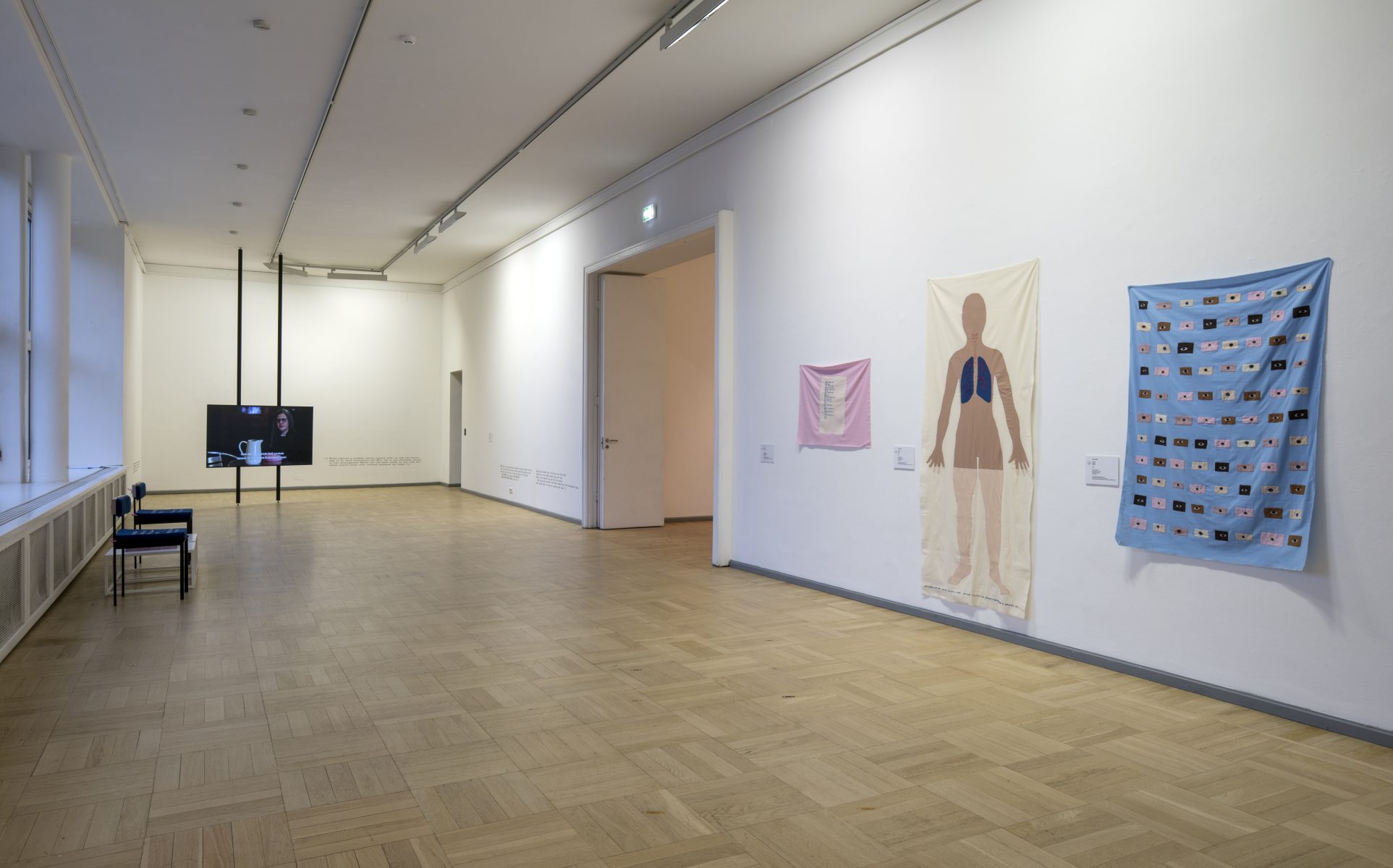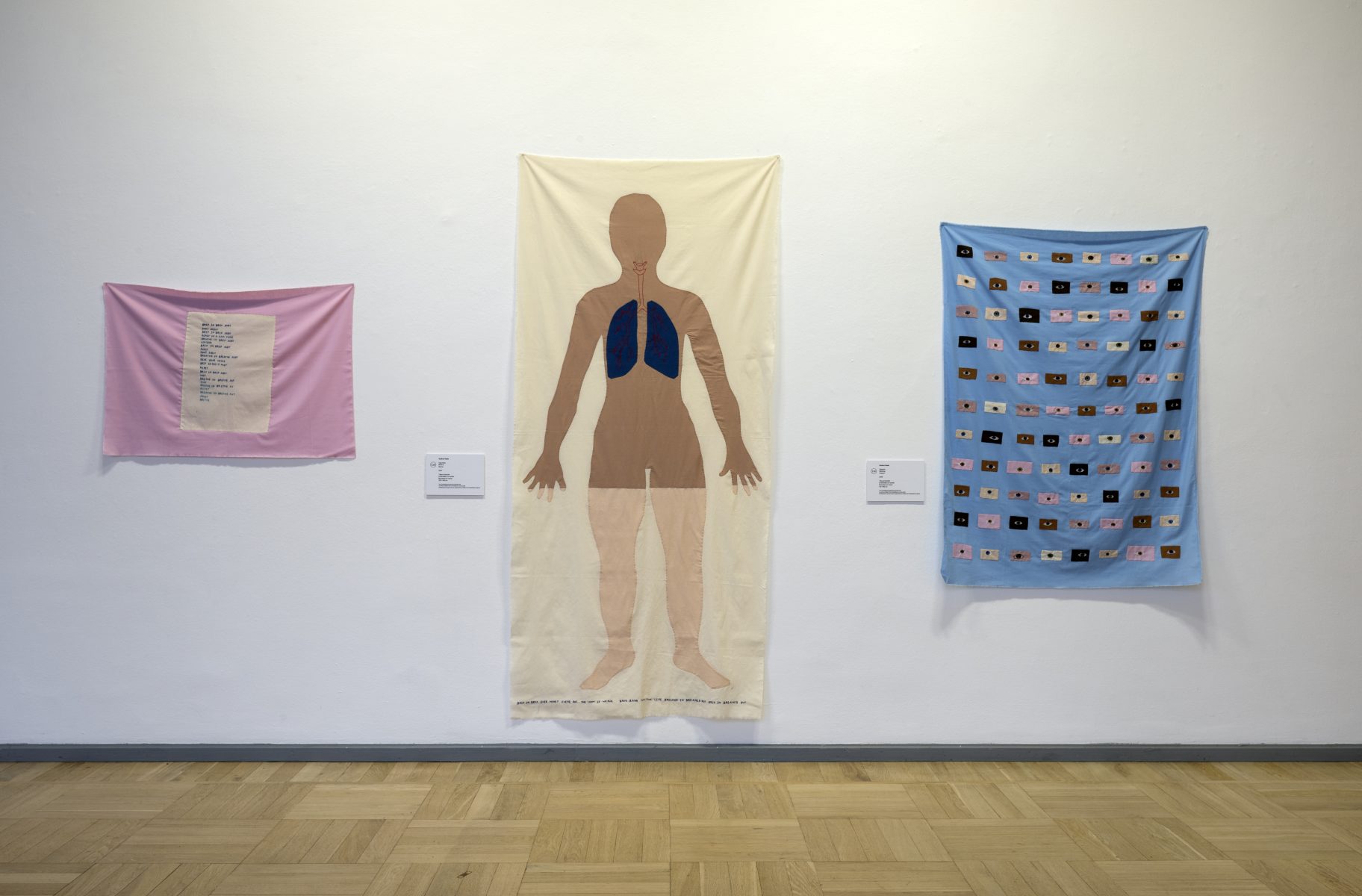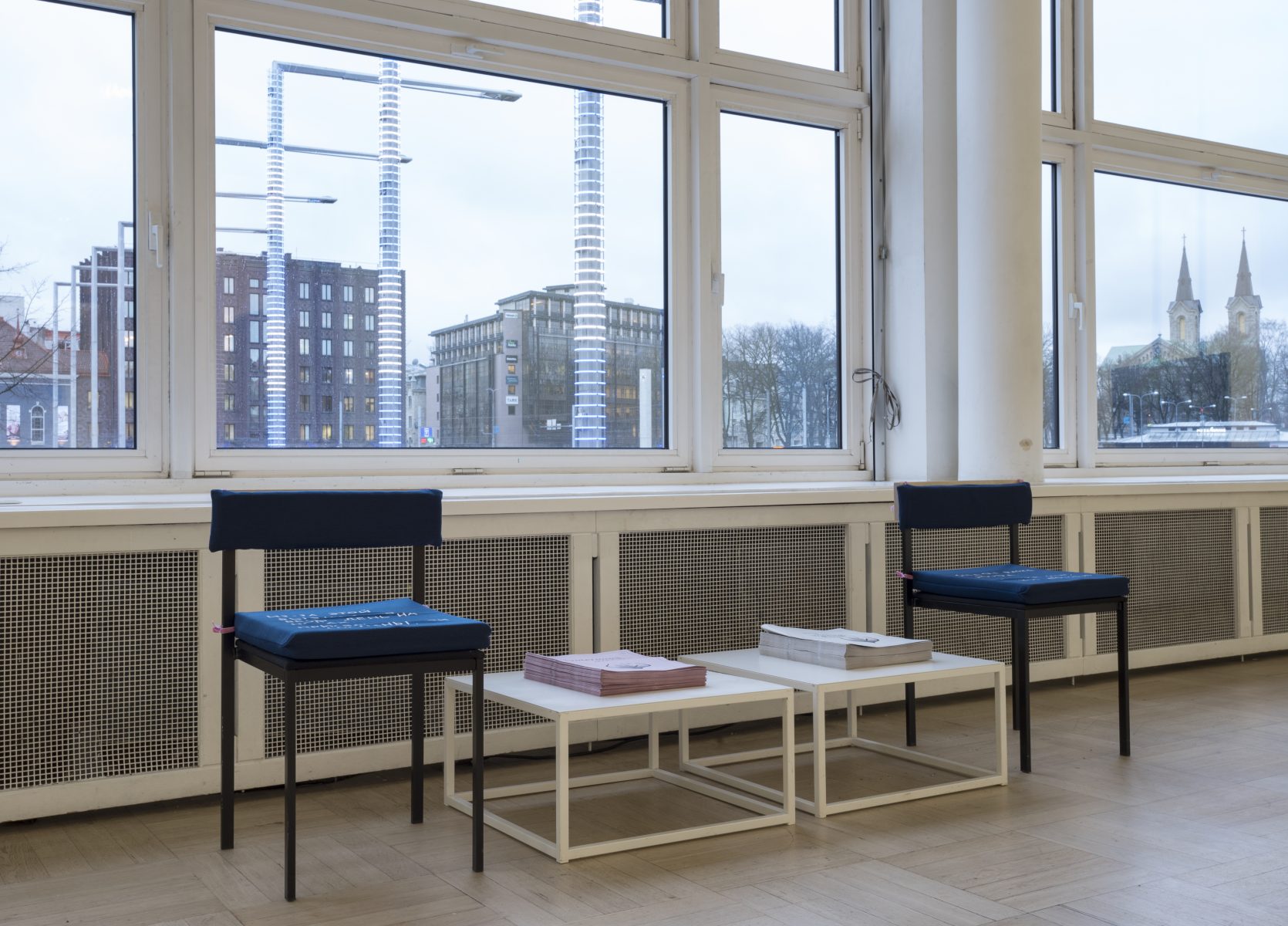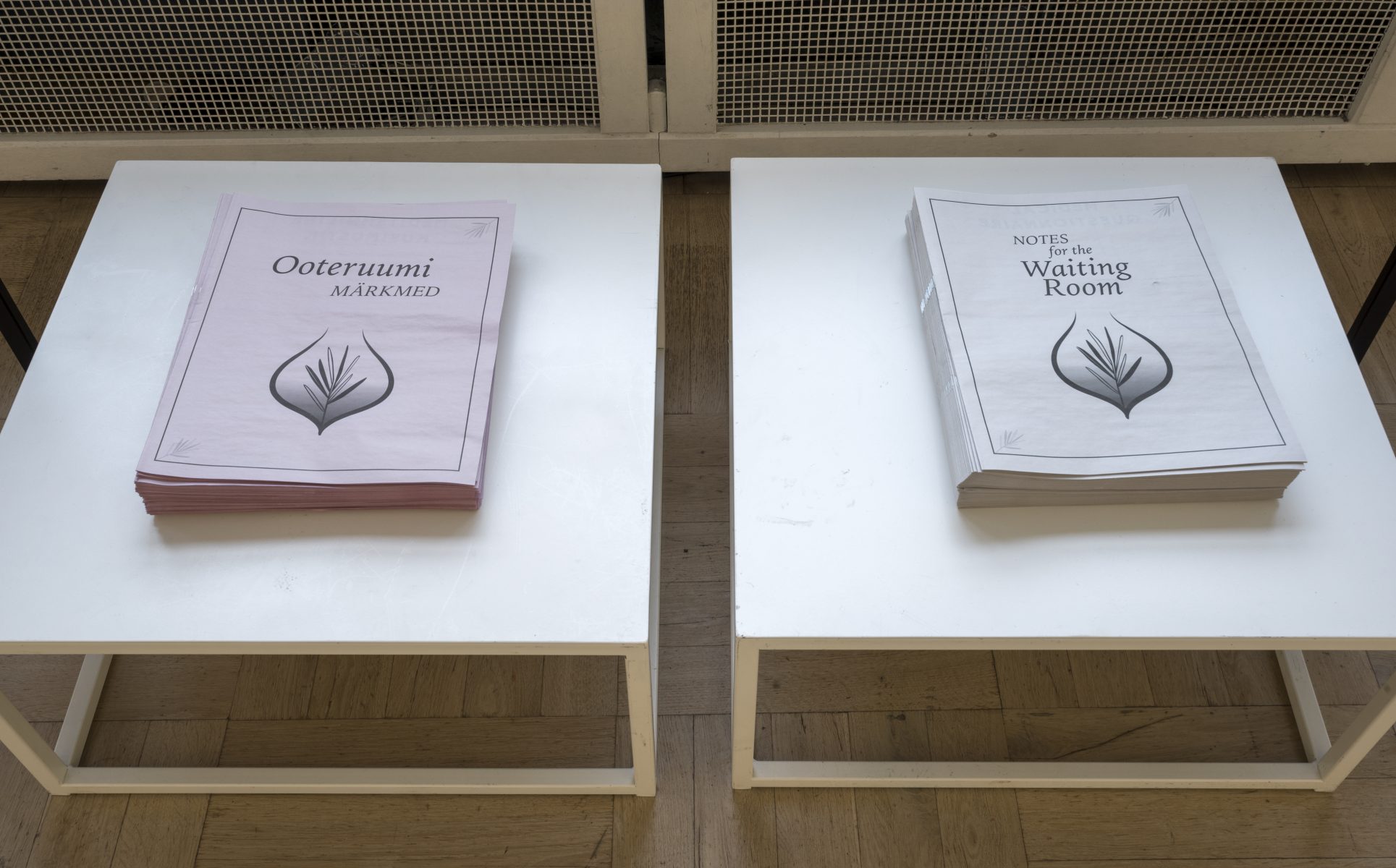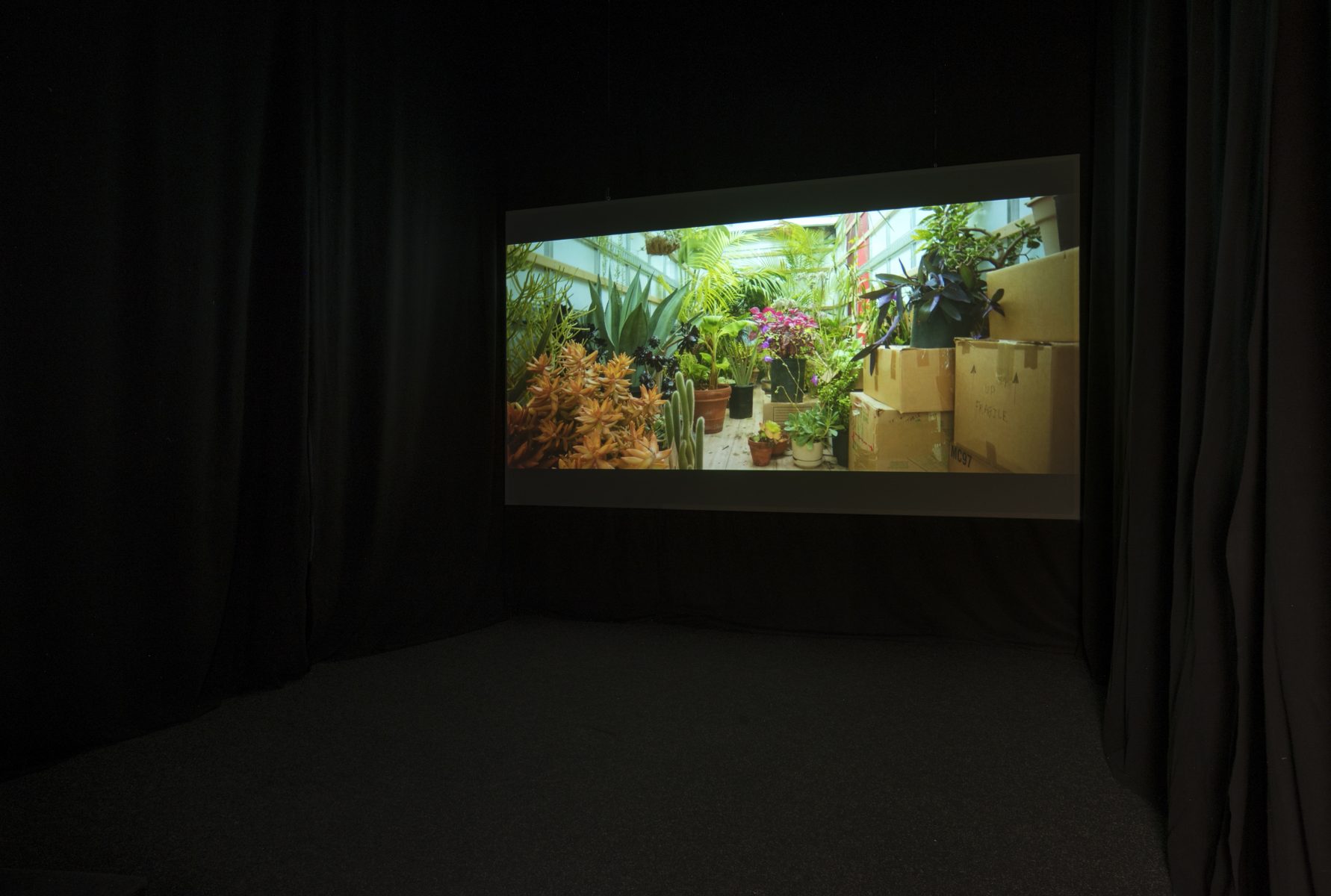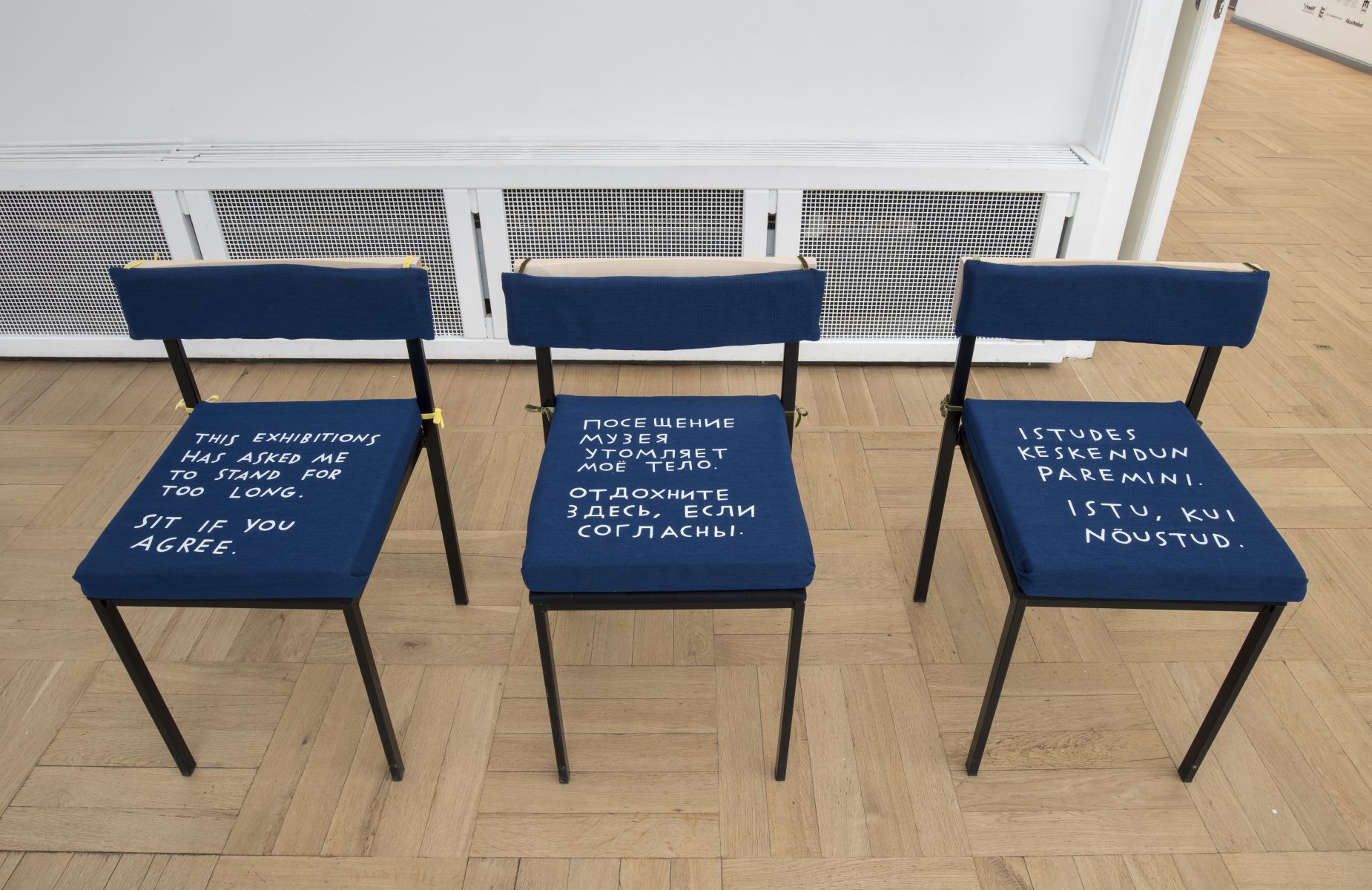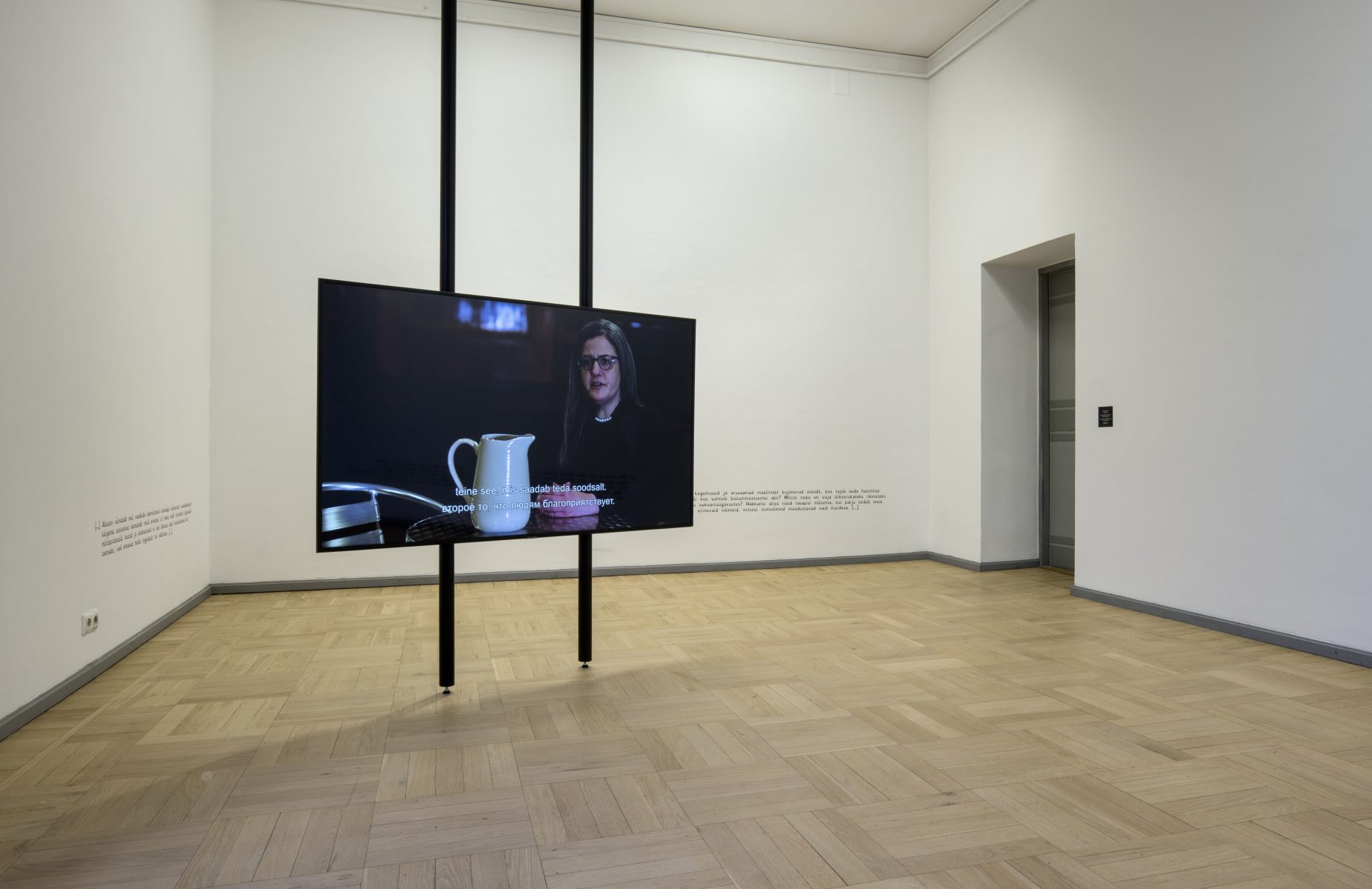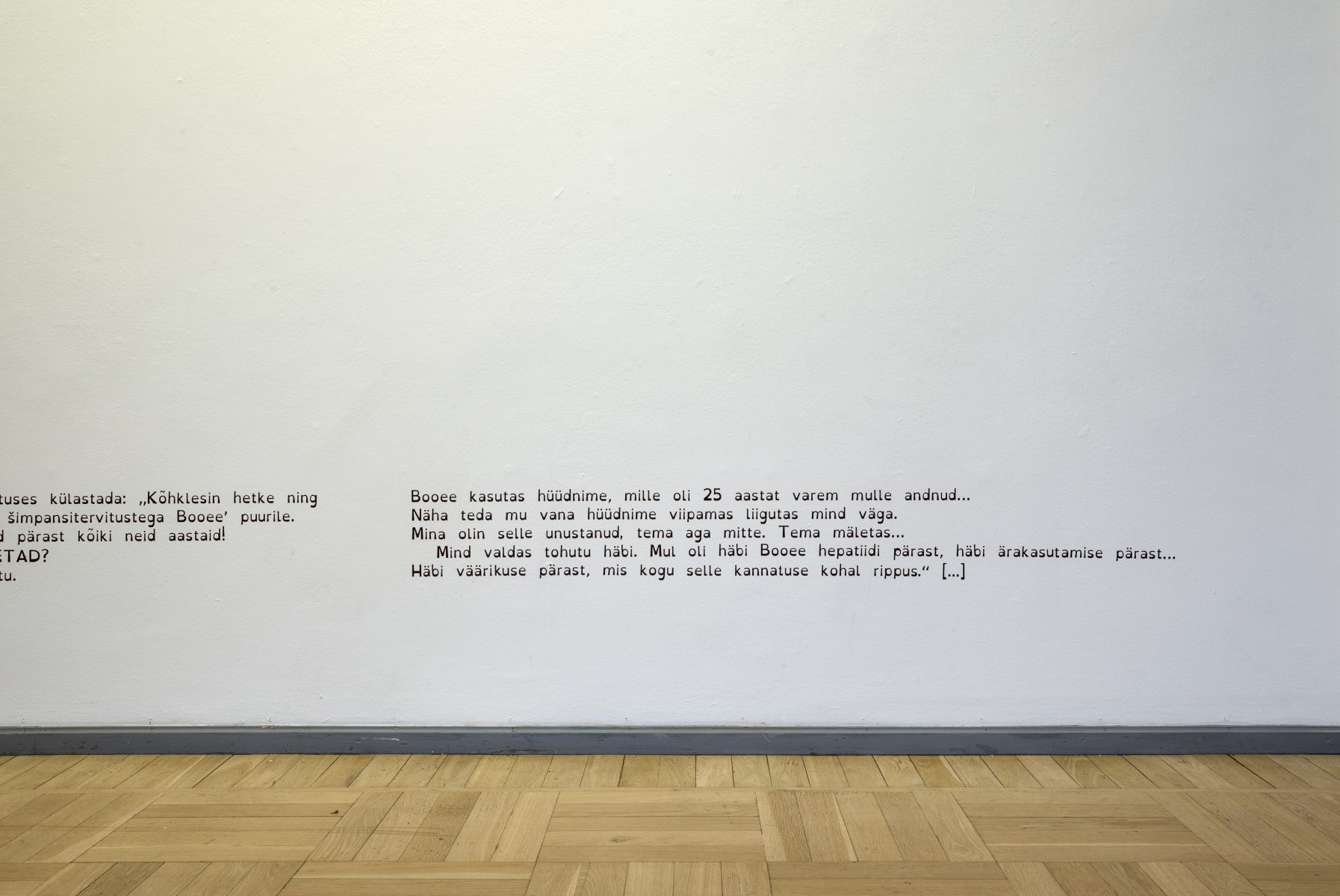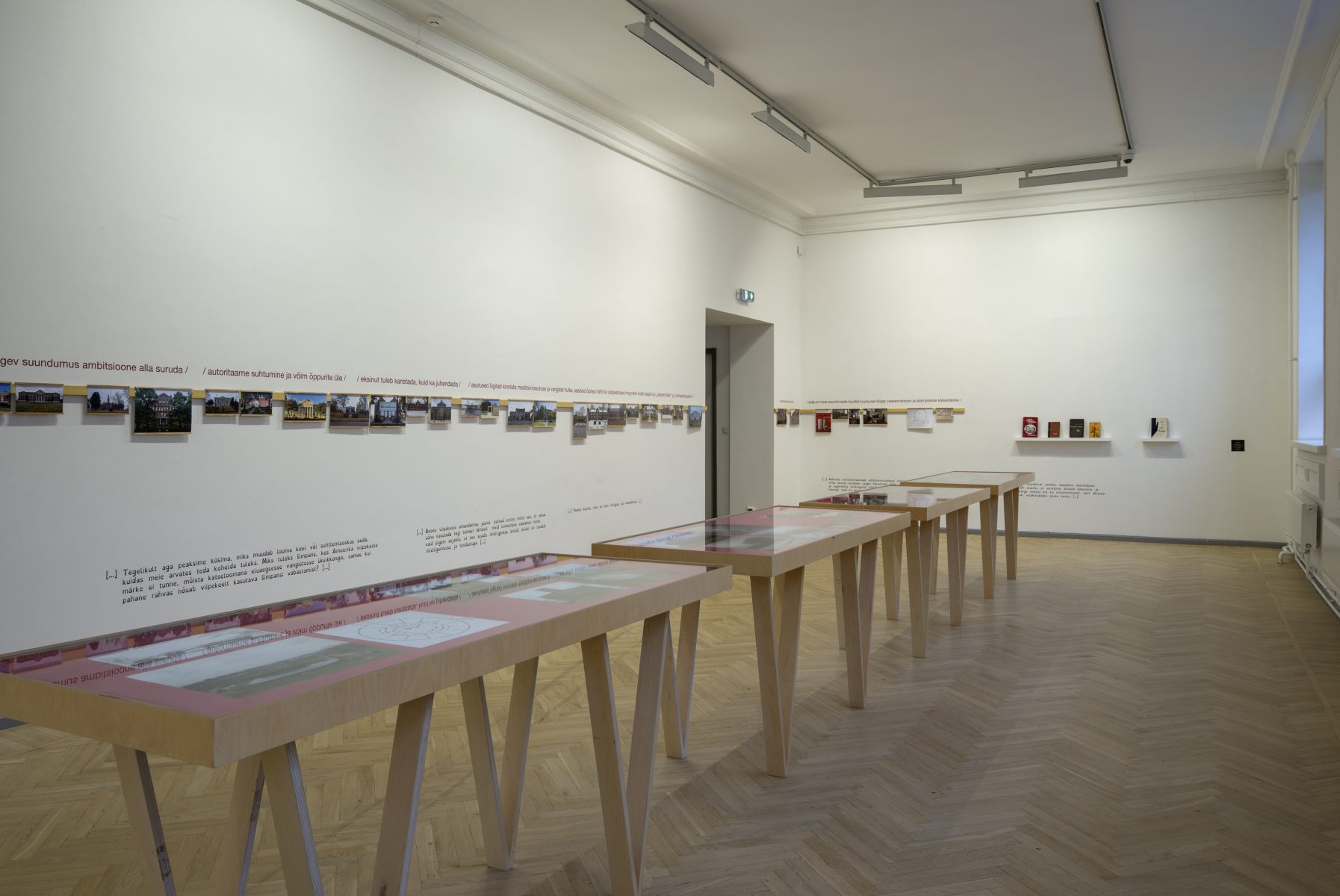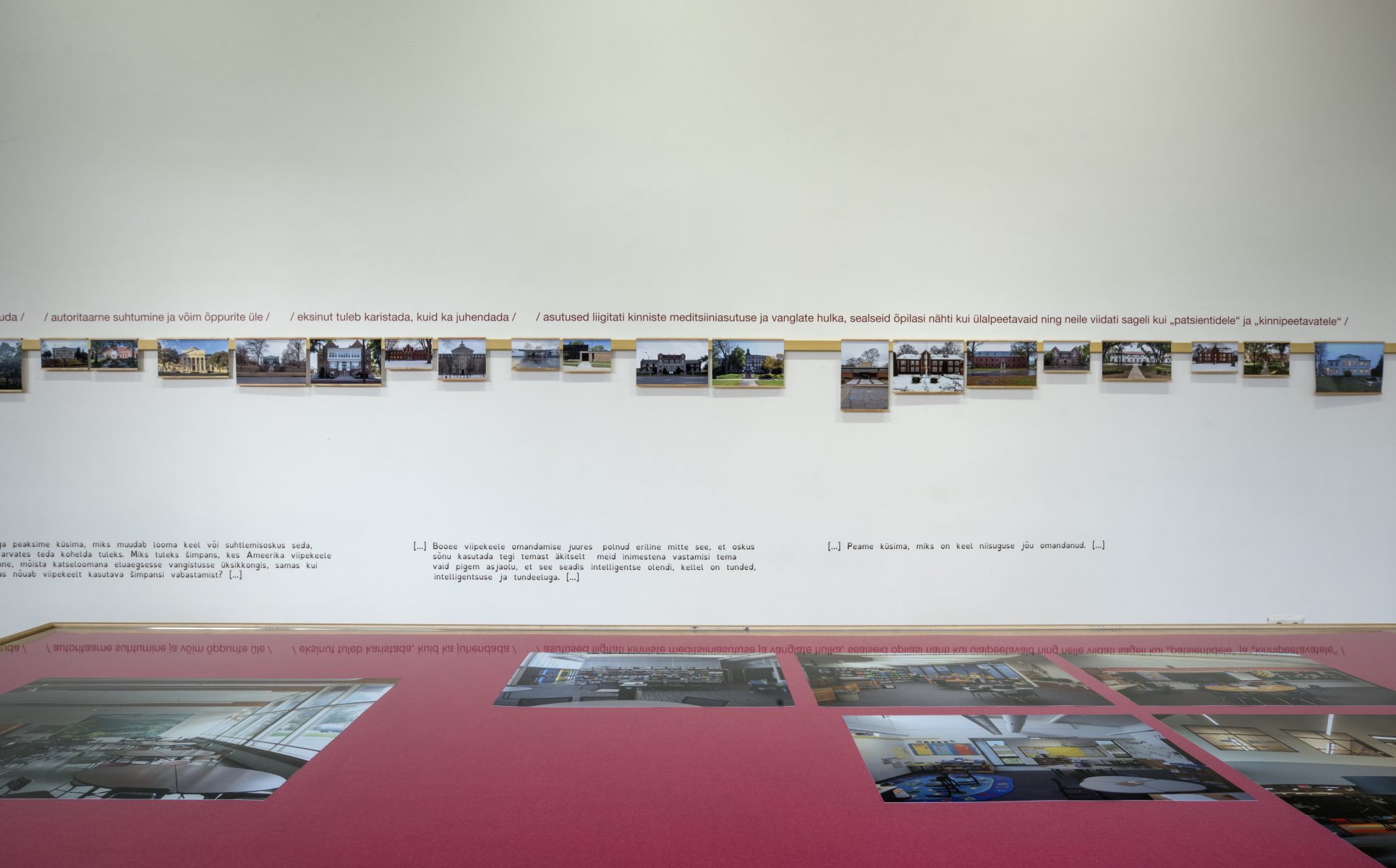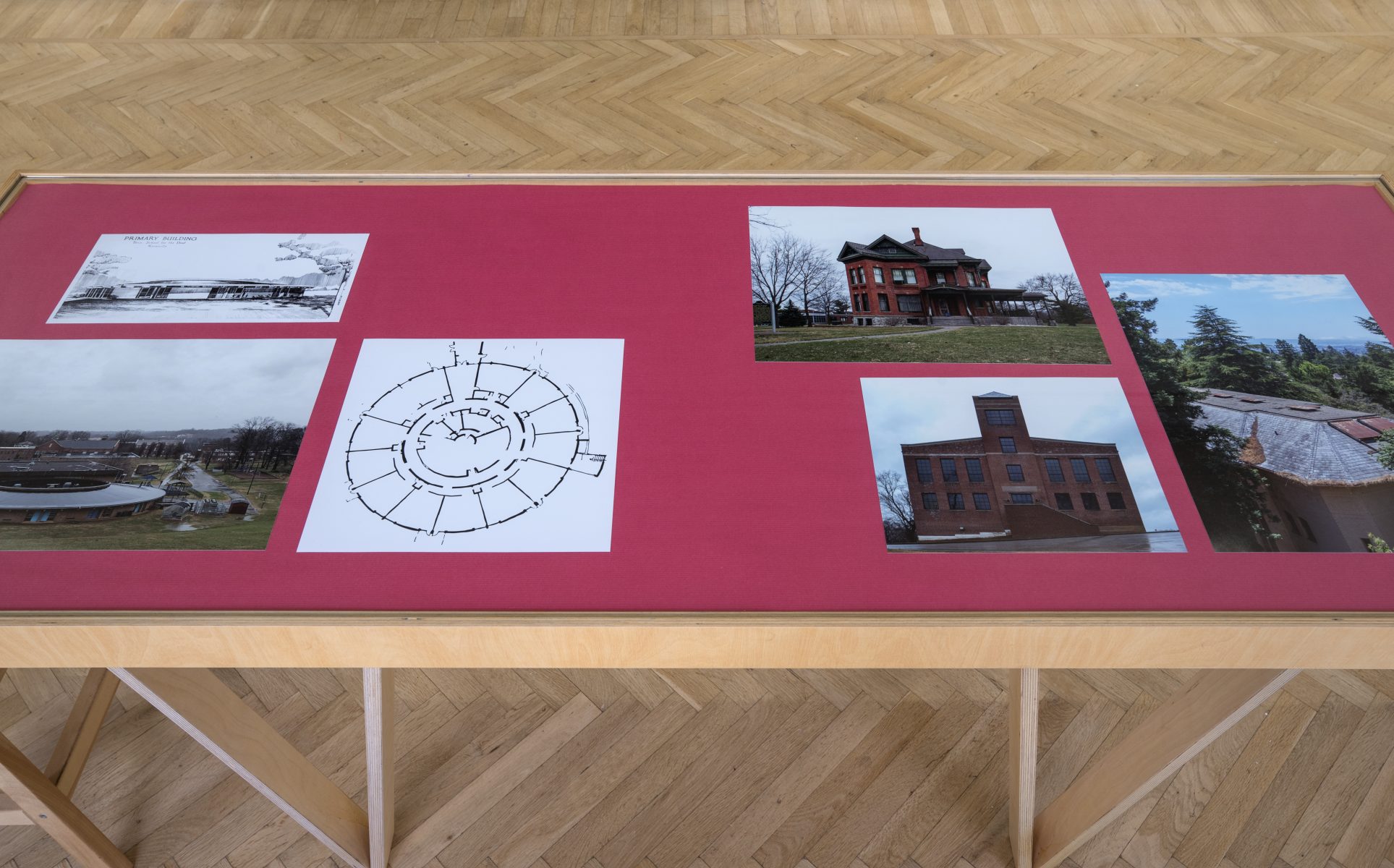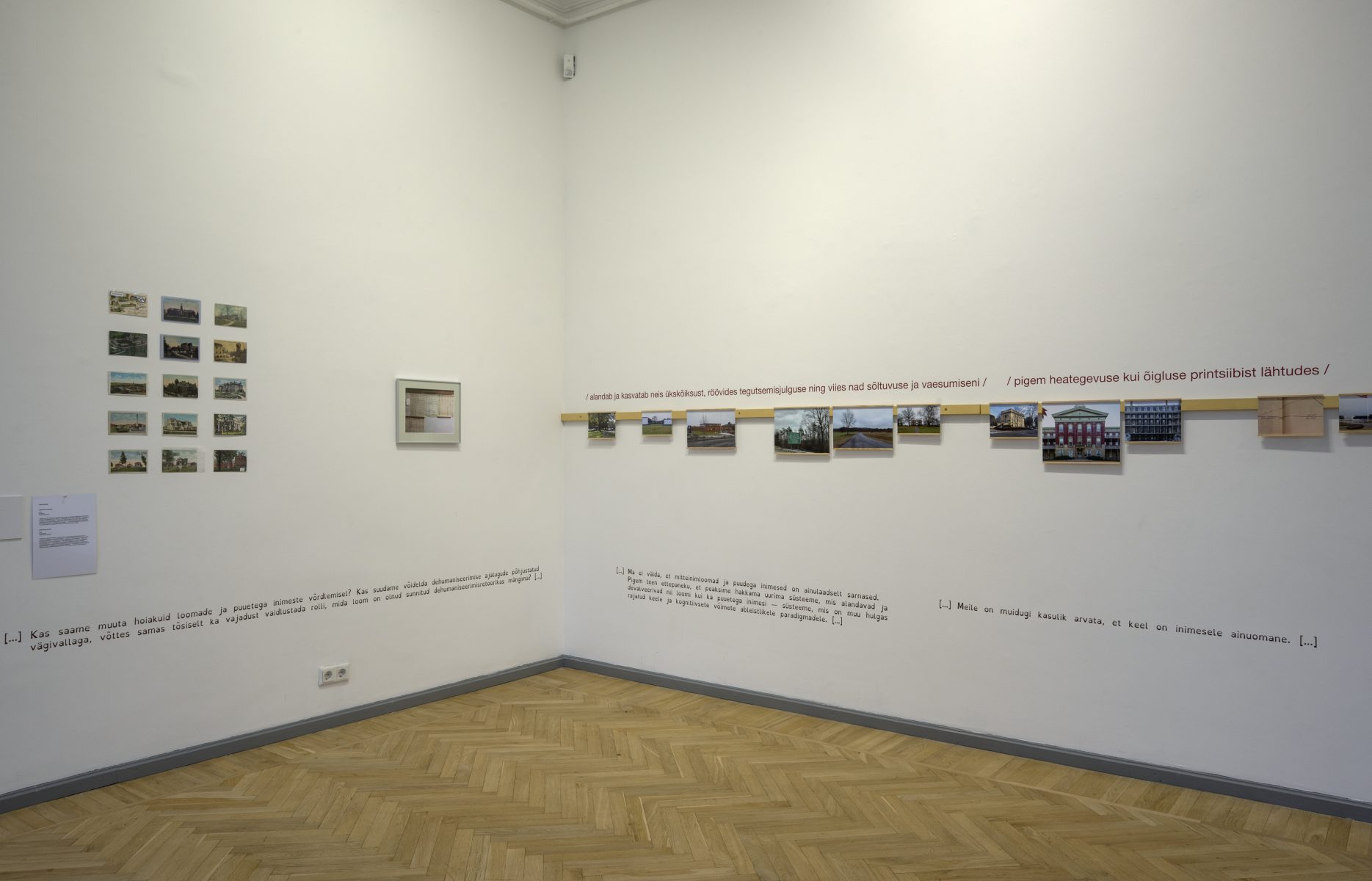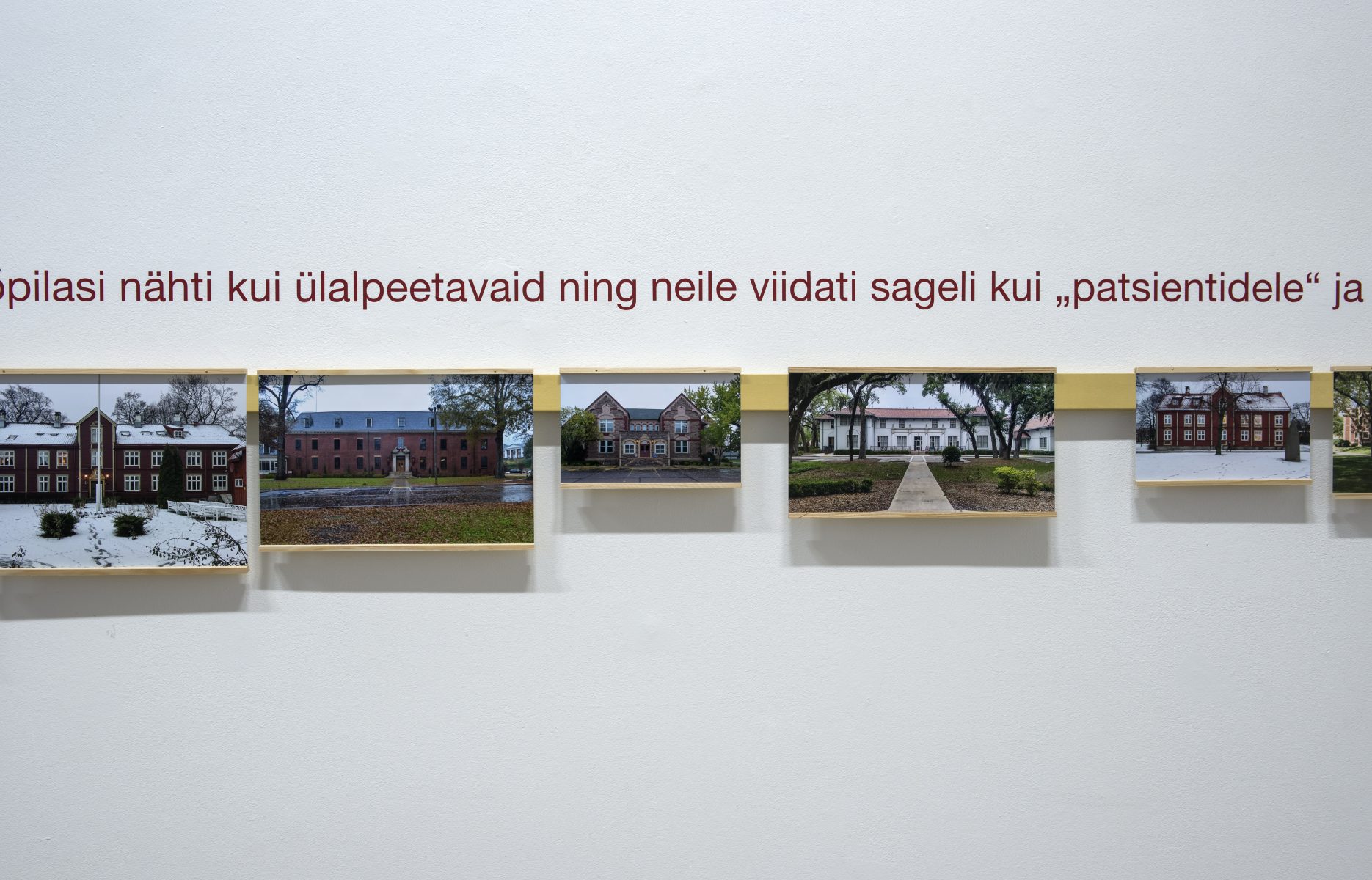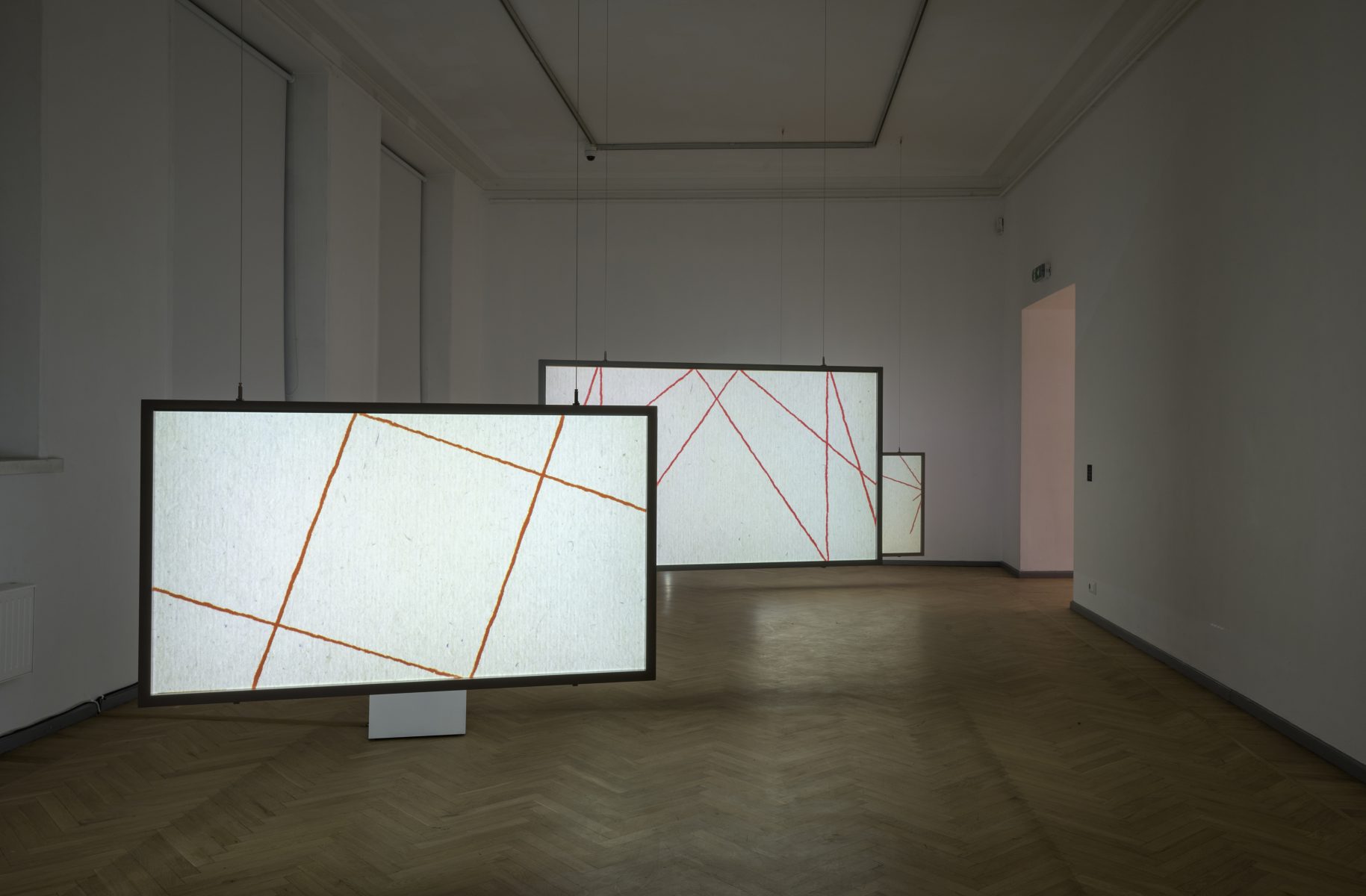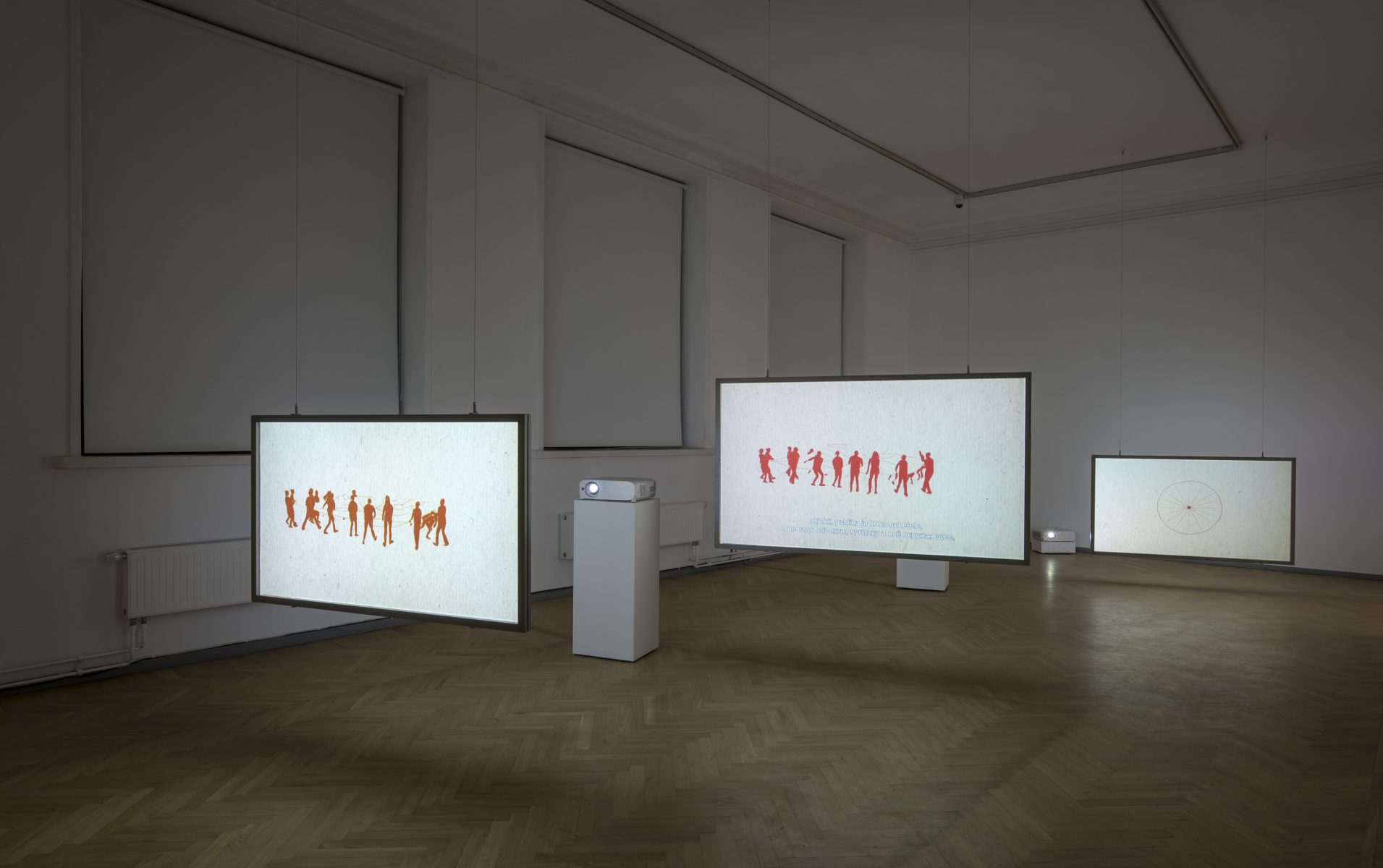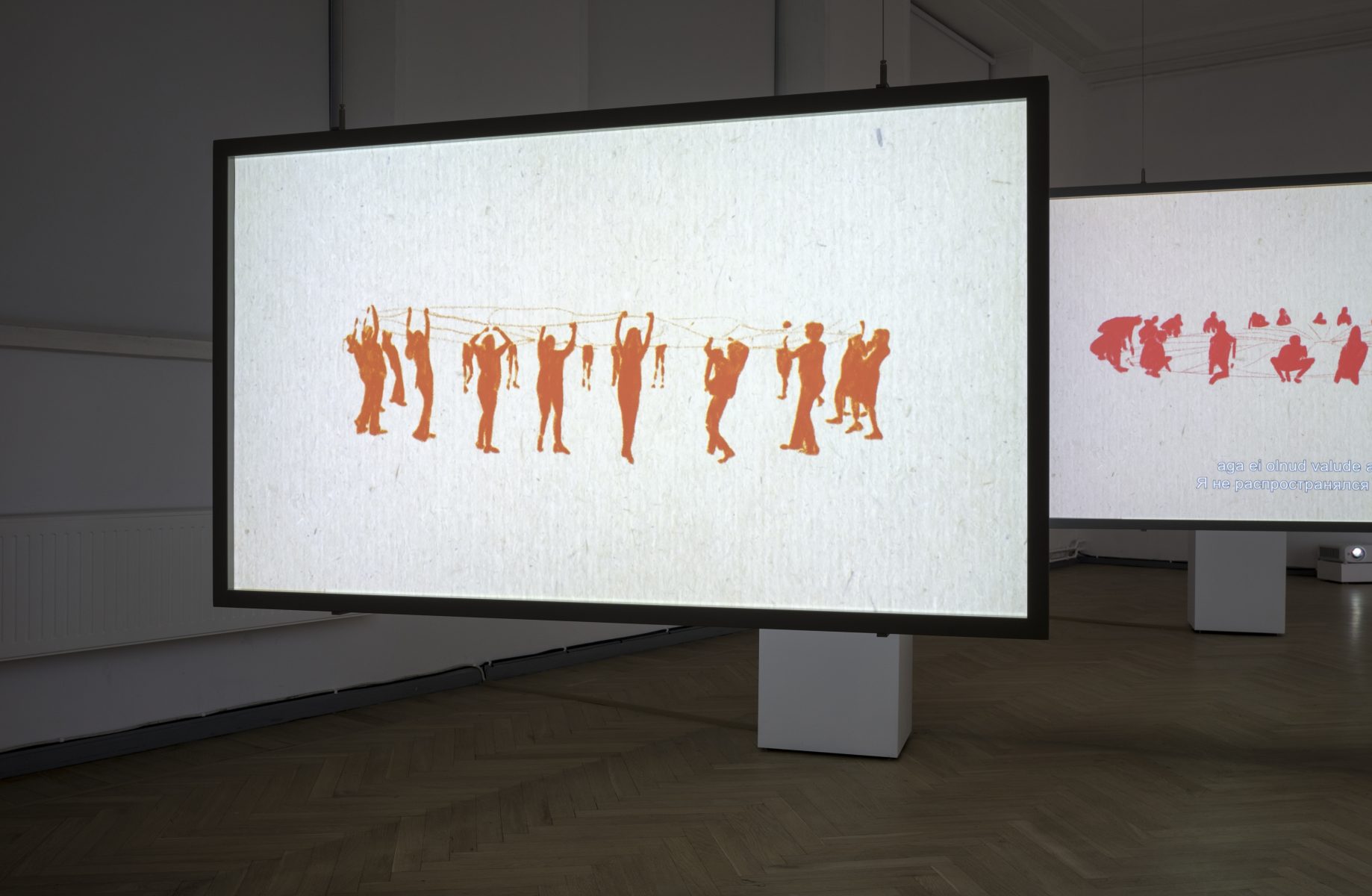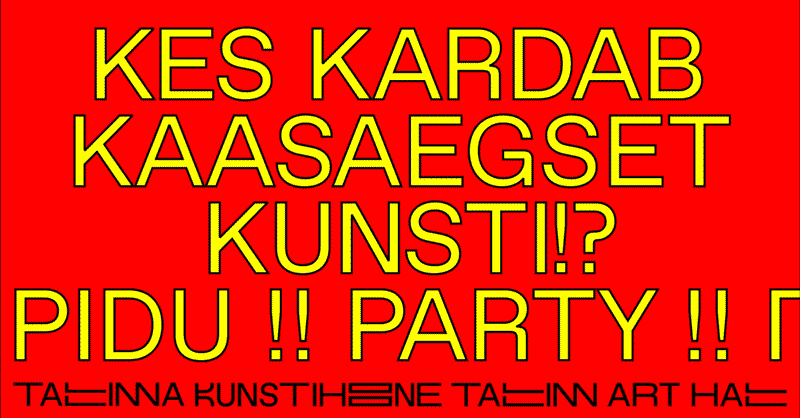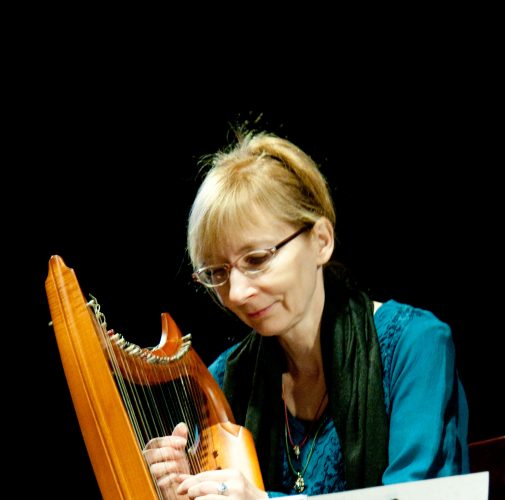Disarming Language: disability, communication, rupture
An exhibition and programme curated by Christine Sun Kim and Niels Van Tomme
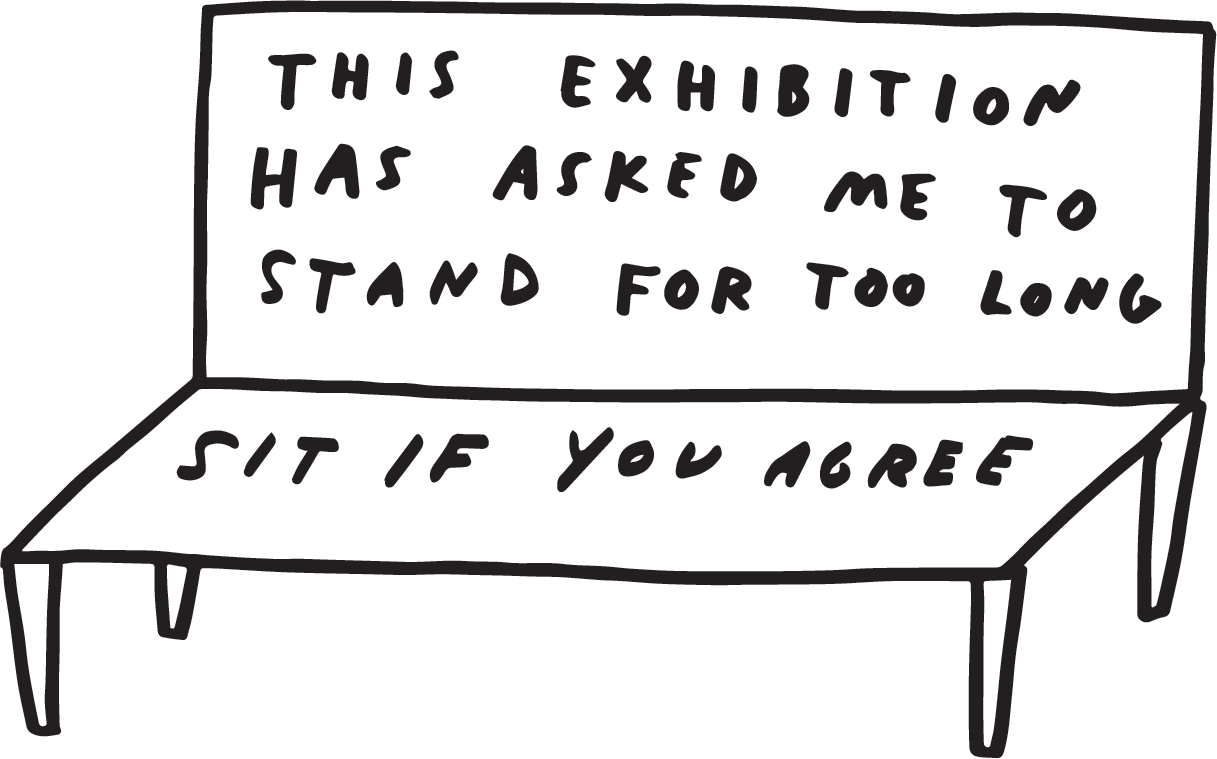
The international exhibition of contemporary art, “Disarming Language: Disability, Communication, Rupture” will open at Tallinn Art Hall on 13 December. Works by 13 artists were selected by curators Christine Sun Kim and Niels Van Tomme. The exhibition will be produced in cooperation with the Office of the Chancellor of Justice and the ARGOS centre for audiovisual arts in Brussels.
The “Convention on the Rights of Persons with Disabilities” (2006) is an international human rights treaty of the United Nations aiming to protect the rights of people with disabilities through language and law. Building upon the treaty, while being critical towards its use of the righteous language of rights, this exhibition and programme aims to open up to other, often under-represented or misunderstood, conceptions of the language surrounding disability and that of disabled people.
Disarming Language, in bringing together artists, graphic designers, writers, and activists, establishes a number of critical vantage points that imagine disability beyond a stigmatised “condition”. Its purpose lies in imagining new conceptual and experiential frameworks that use language and communication in innovative ways – through, with, and beyond disability – advancing a radically more expansive point of view past limiting ableist perspectives and possibilities.
In “disarming” the stability of language and communication, the exhibition seeks to render it problematic as straightforward systems of knowledge and power, and to create a rupture which allows future possibilities for disability awareness to emerge.
Participating artists: Andrea Crespo, Alison O’Daniel, Canaries, Carmen Papalia & Heather Kai Smith, Dax Pierson, Erika Tammpere, Gudrun Hasle, Jeffrey Mansfield, Jesse Darling, Noëmi Lakmaier, Shannon Finnegan, Sunaura Taylor.
The exhibition will remain open until 24 February 2020. It is accessible to people with reduced mobility, sight and hearing.
Guided tour in Estonian with Estonian sign language interpreter: 14.12; 11.01; 25.01; 8.02 at 2pm
Guided tour in Russian with Russian language interpreter: 12.01, 26.01, 9.02, at 4pm
Guided tour with audio-visual translation (in Estonian): 18.01; 01.02; 15.02 at 3pm



